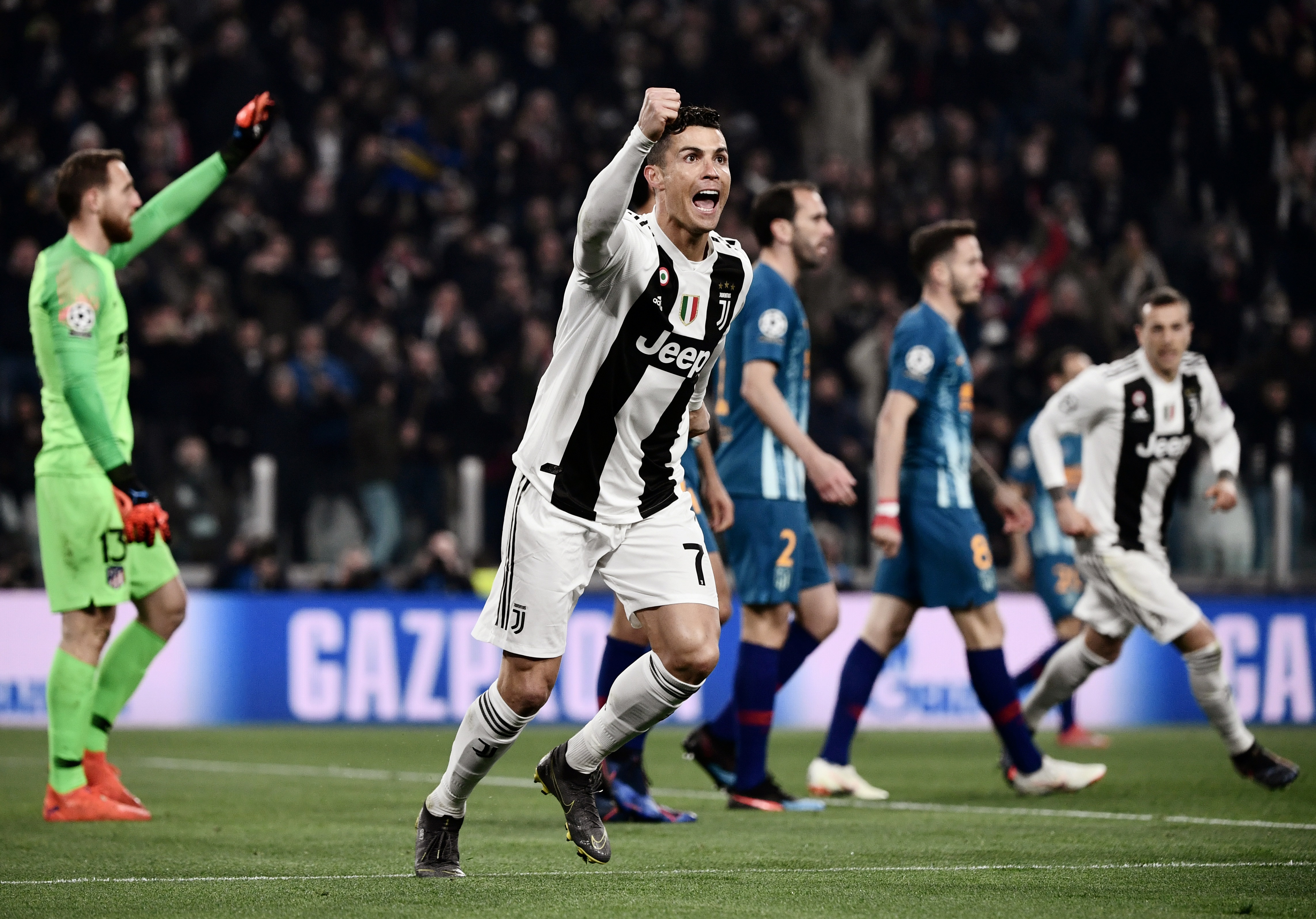The best footballers of the 70s
Ranking the greatest players of the decade
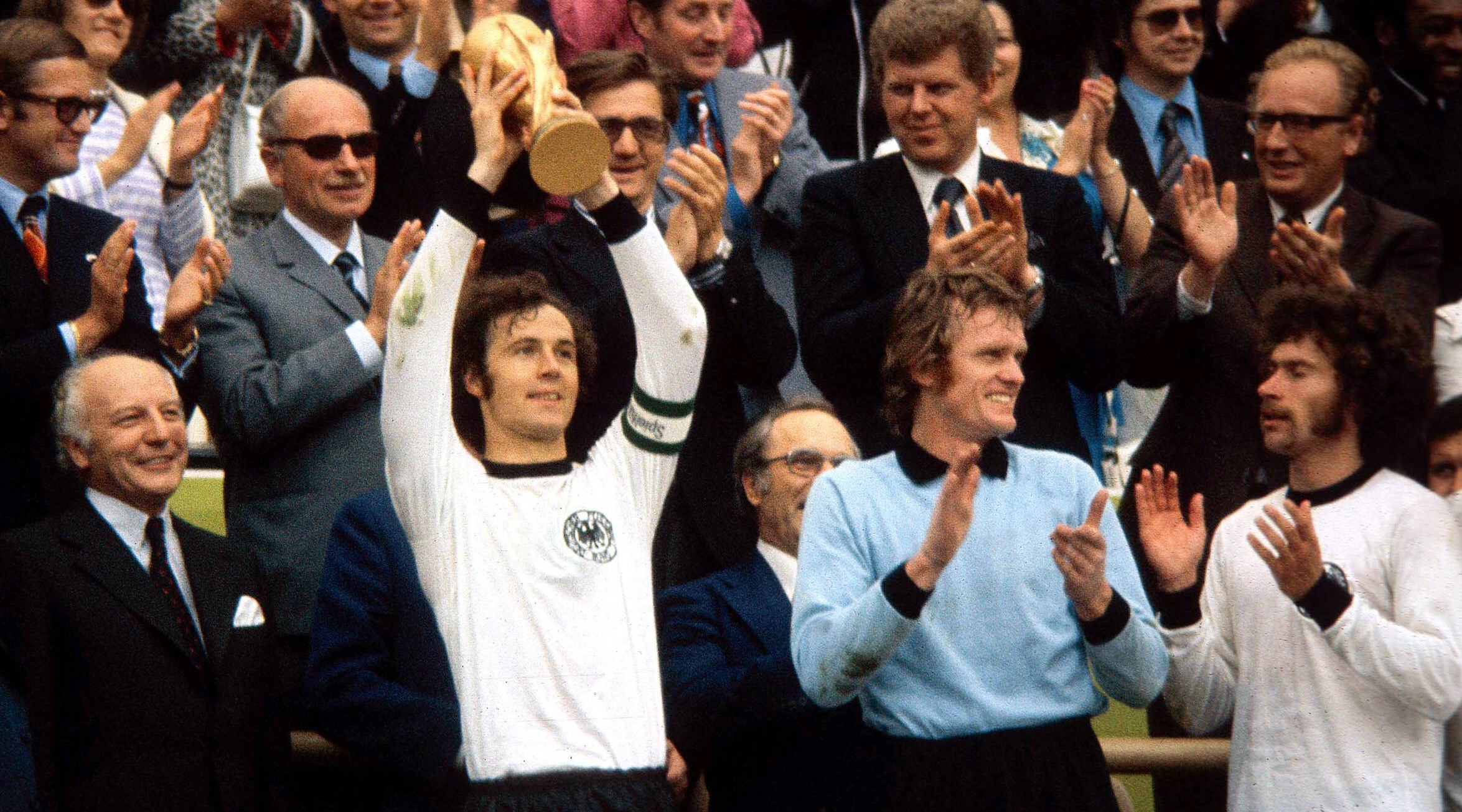
The 70s saw three different countries crowned world champions and five clubs lift the European Cup.
It was an era of brilliance and, in many cases, dominance – at a team level and an individual one.
Some of the finest players of all time made their mark during this decade, and we've picked out the best of them...
33. Ossie Ardiles
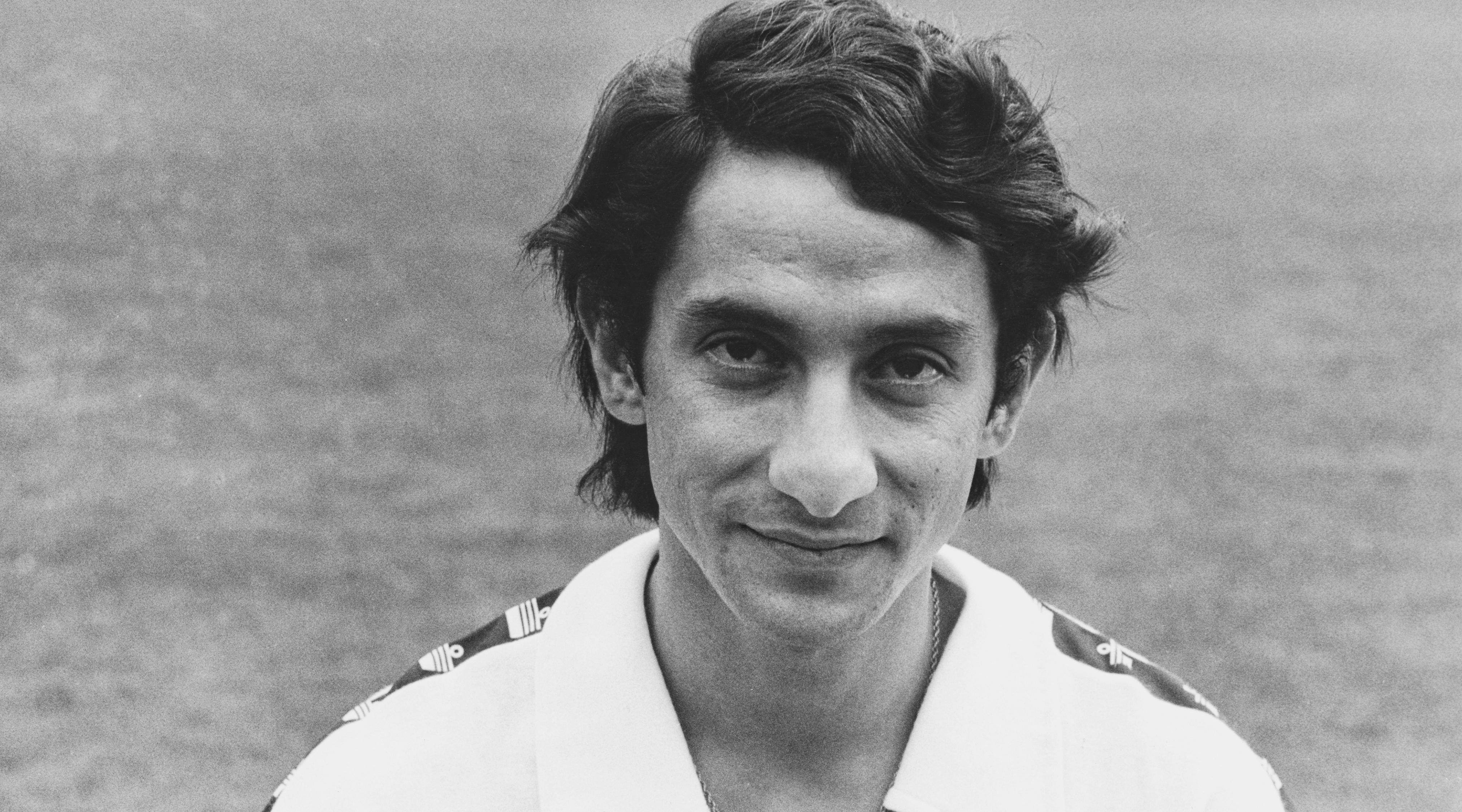
Diminutive Argentina playmaker Ossie Ardiles became a cult hero after joining Tottenham in 1978 alongside his World Cup-winning teammate from that summer, Ricky Villa.
Debuting for his country in 1975, Ardiles went on to earn 51 caps; he made the PFA Team of the Year during his first season with Spurs.
32. Kazimierz Deyna
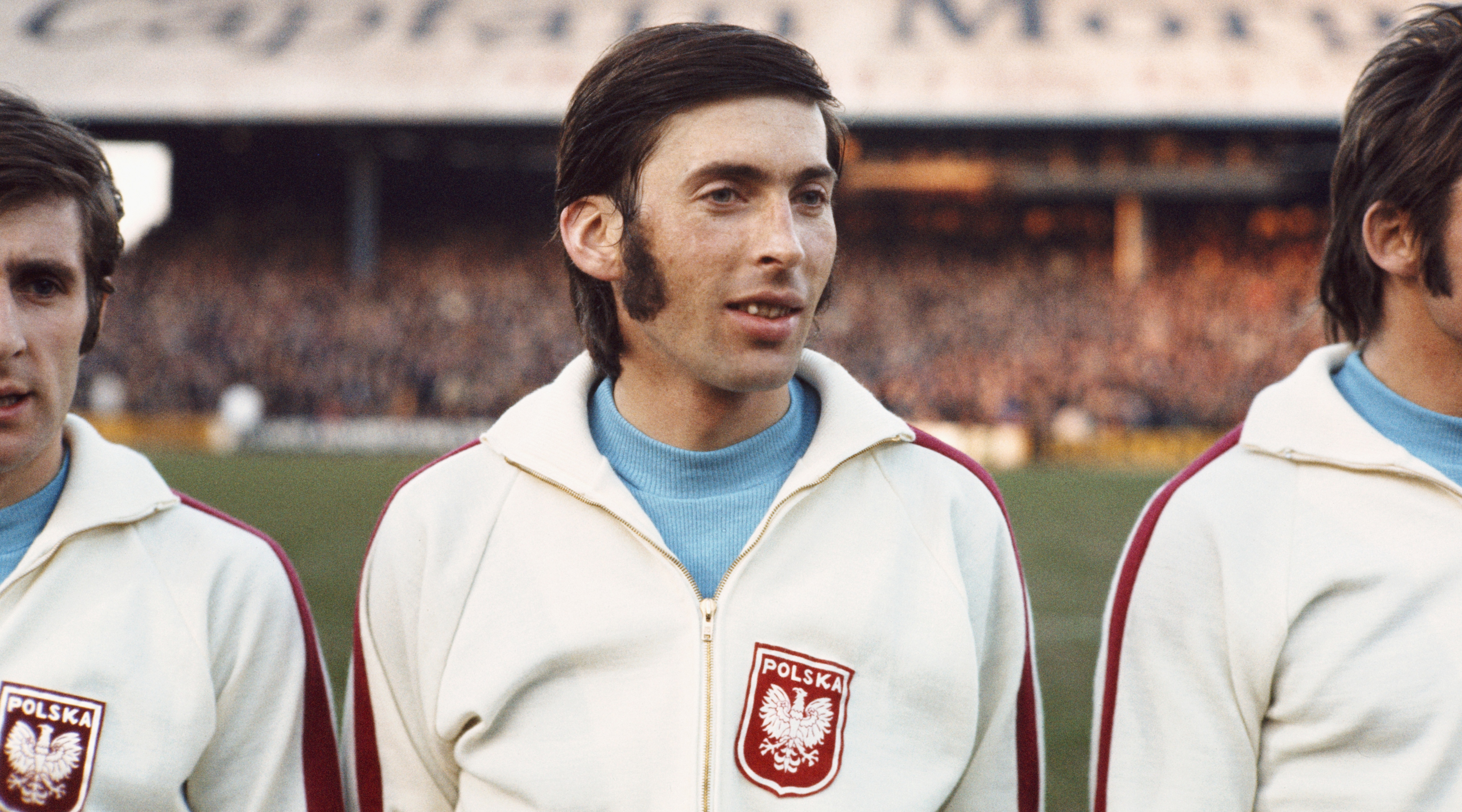
A prominent figure in Poland’s golden generation, Kazimierz Deyna scored 41 goals in 97 international appearances, the vast majority of those coming between 1970 and 1978.
The attacking midfielder – who won two Polish titles with Legia Warsaw before joining Manchester City – helped his nation to third place at the 1974 World Cup, as well as Olympic gold two years earlier.
Get FourFourTwo Newsletter
The best features, fun and footballing quizzes, straight to your inbox every week.
31. Liam Brady
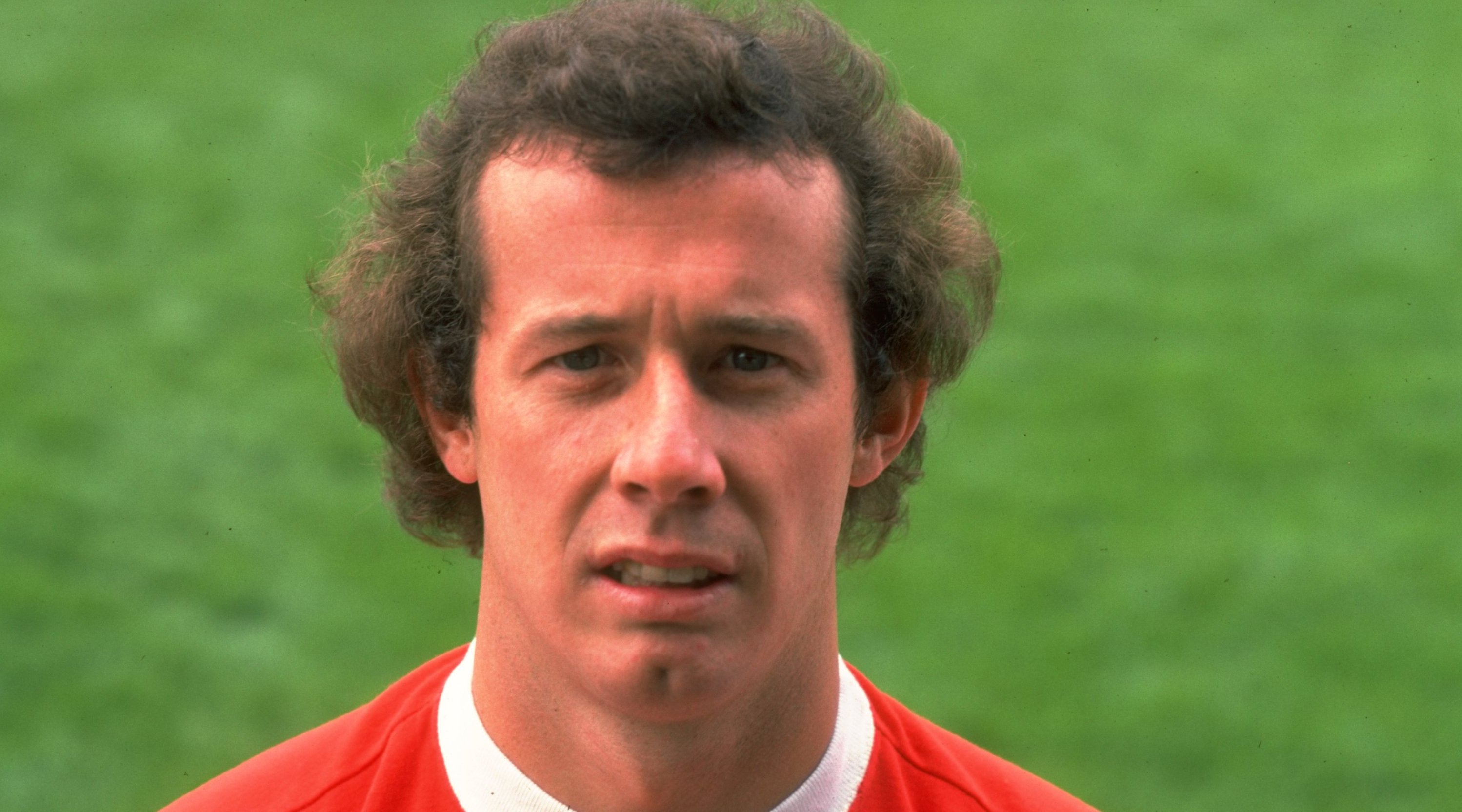
Blessed with a wand of a left foot, magical playmaker Liam Brady goes down as one of Arsenal and the Republic of Ireland’s finest ever players.
Brady made his Gunners debut aged 17 in 1973 (and his international debut the following year); come 1979, he had a PFA Players’ Player of the Year award and an FA Cup winner’s medal to his name.
30. Gordon Banks

Voted FIFA Goalkeeper of the Year every year between 1966 – when he lifted the World Cup with England – and 1971, Gordon Banks was winding down by the mid-70s, but he remained one of the very best in the business at the start of the decade.
At the 1970 World Cup, he pulled off that save to deny Pele, before winning his second of two club honours two years later: the League Cup with Stoke City.
29. Bobby Moore

Bobby Moore’s finest hour came four years before the start of the decade as he captained England to World Cup glory, but West Ham’s greatest ever player remained a fine, fine defender into the 70s.
Runner-up in the 1970 Ballon d’Or, Moore retired from international football in 1973 with 108 caps to his name – a Three Lions record which stood until 1989.
28. Roberto Bettega
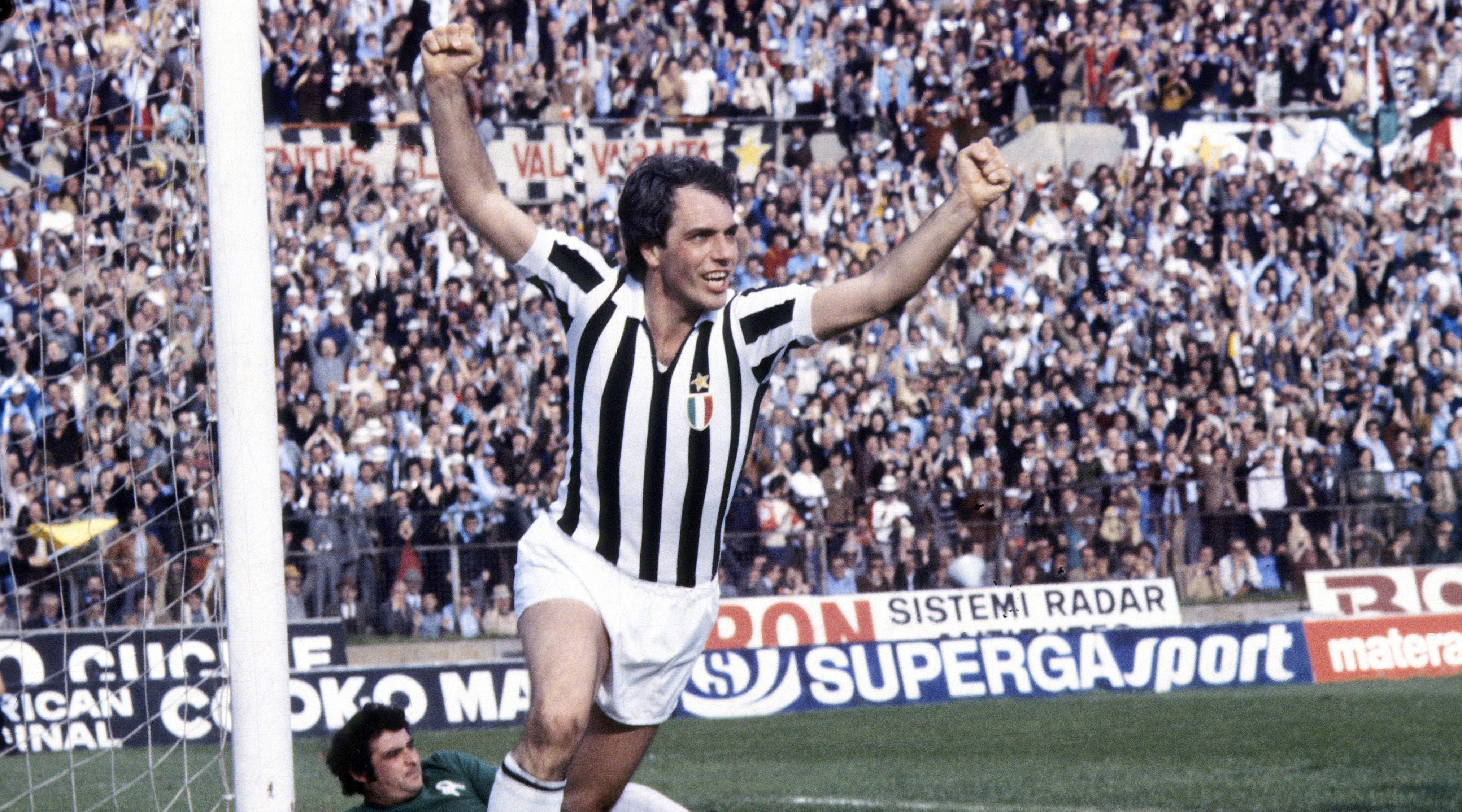
Almost a one-club man with local giants Juventus (he finished his career with the NASL's Toronto Blizzard), feared striker Roberto Bettega spearheaded the Bianconeri as they won five Serie A titles between 1972 and 1978.
A key member of the Italy side which reached the last four of the 1978 World Cup – where he made FIFA’s team of the tournament – Bettega’s goals also helped Juve to UEFA Cup and Coppa Italia success in the late 70s.
27. George Best
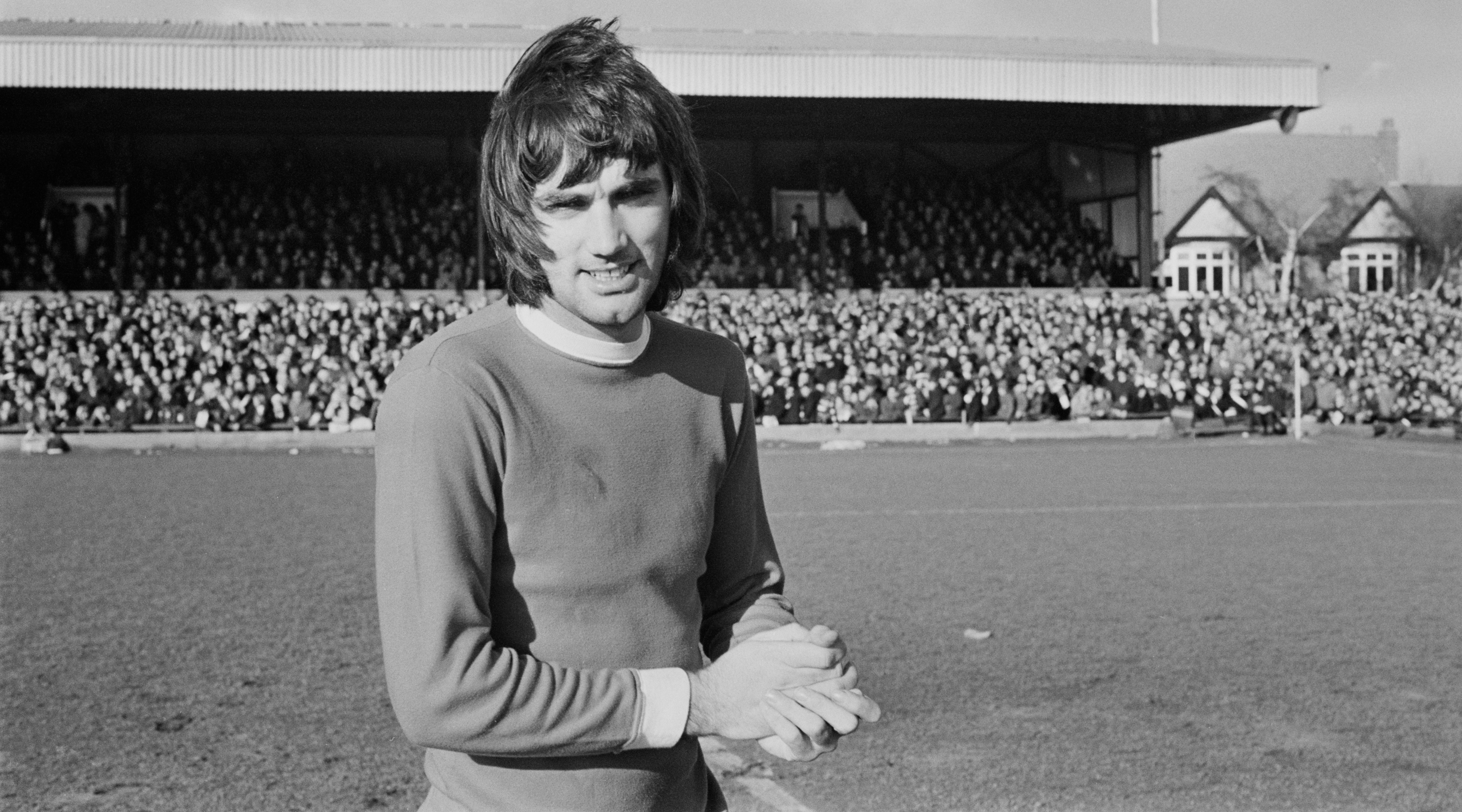
Voted FIFA’s fifth best player of the 20th century, George Best starred for Manchester United from 1963 to 1974 – and for Northern Ireland from 1964 to 1977.
Arguably the greatest player never to feature at the World Cup, Best – who came third in the 1971 Ballon d’Or, having scooped the award three years prior – was an extraordinarily skilful operator whose dribbling wowed spectators and dumbfounded opponents.
26. Gzregorz Lato
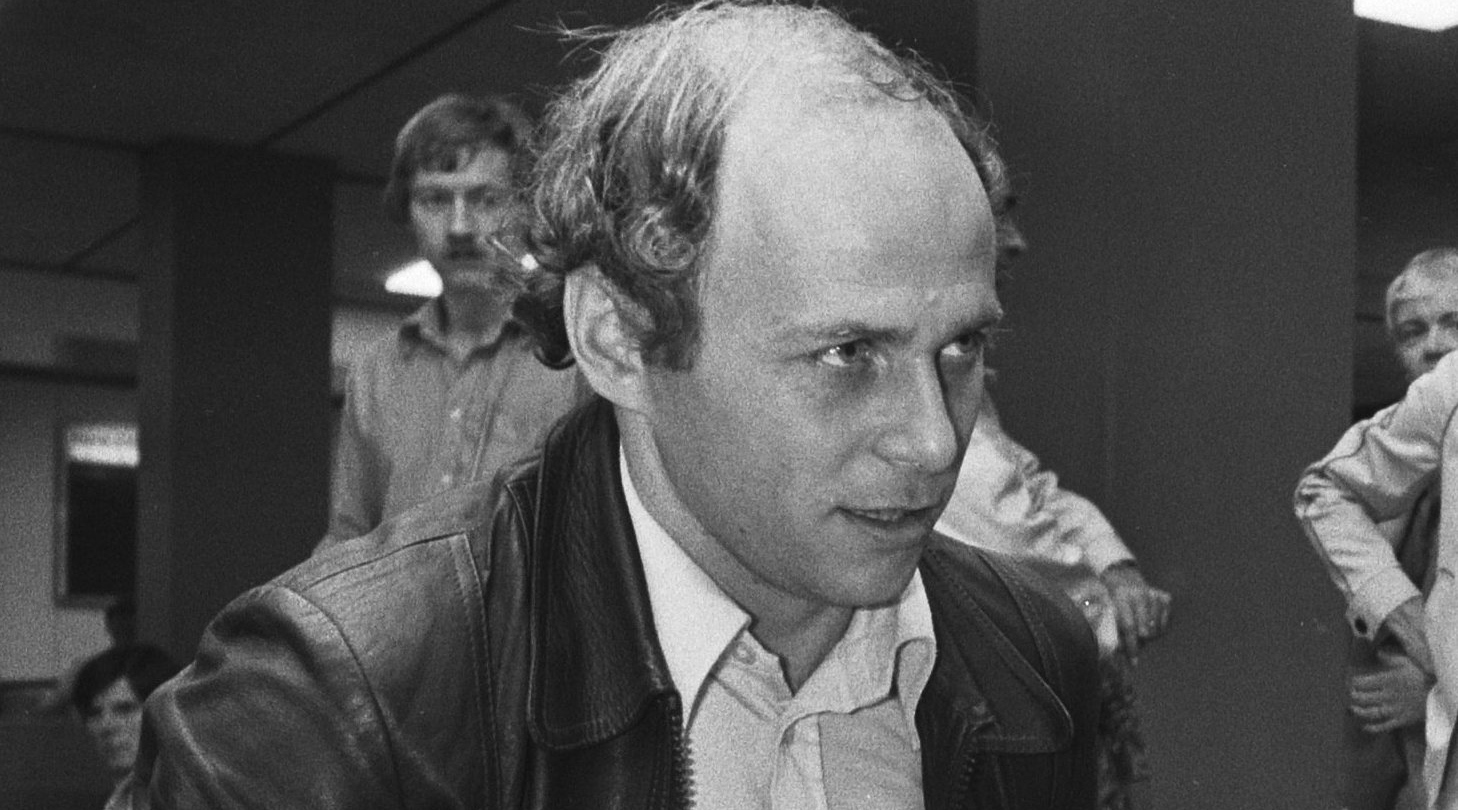
Top scorer at the 1974 World Cup with seven goals to fire Poland to third place, Grzegorz Lato was among the greatest wingers of his era.
An Olympic football gold and silver medallist in 1972 and 1974 respectively, Lato earned 100 international caps in total, finding the net 45 times.
25. Marius Tresor
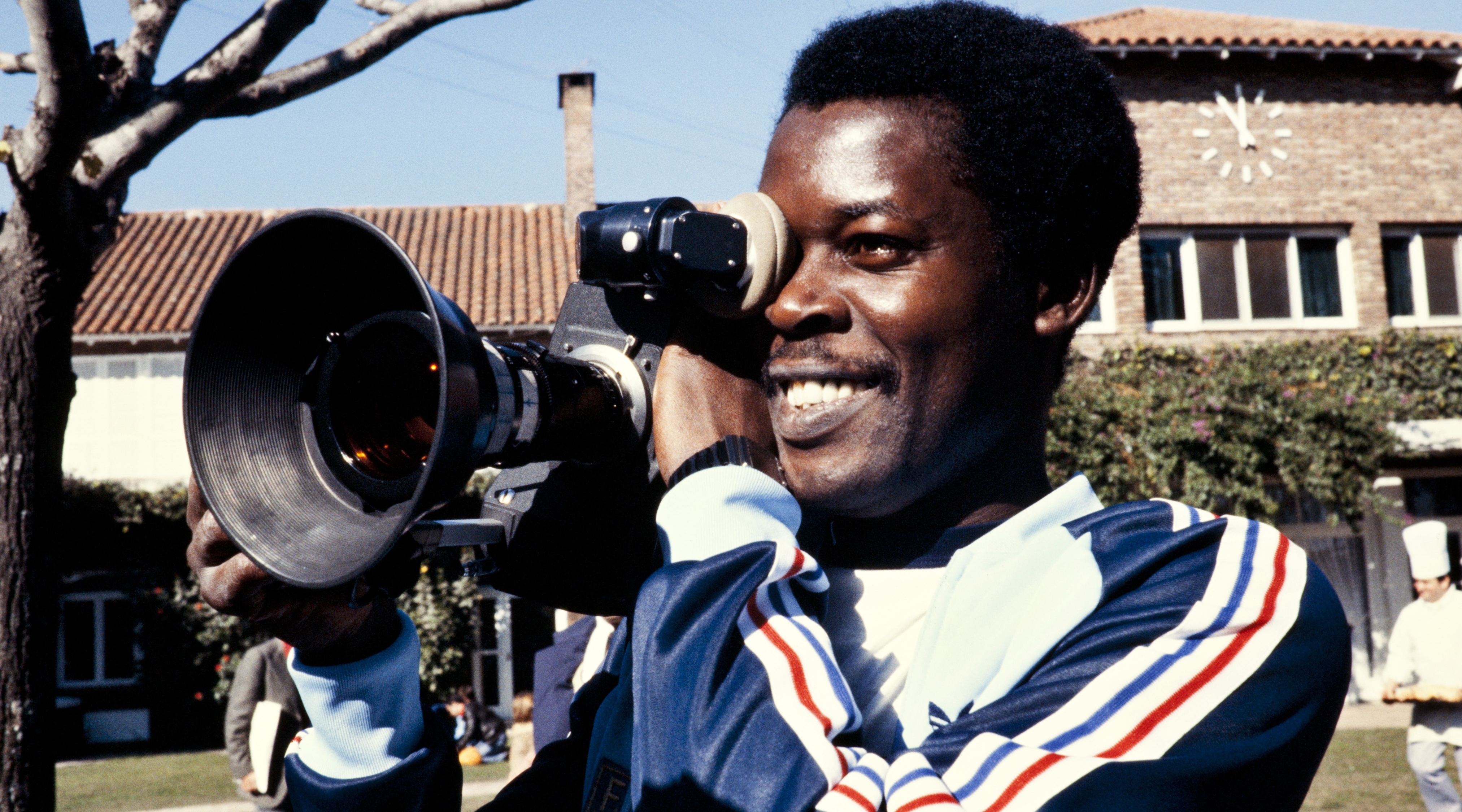
Born in the Caribbean, in the French overseas department of Guadeloupe, Marius Tresor went on to establish himself as one of the very best centre-backs of his generation – and one of the best of all time.
French Player of the Year in 1972, Tresor won the 1975/76 Coupe de France with Marseille and represented his nation at the 1978 World Cup.
24. Pat Jennings
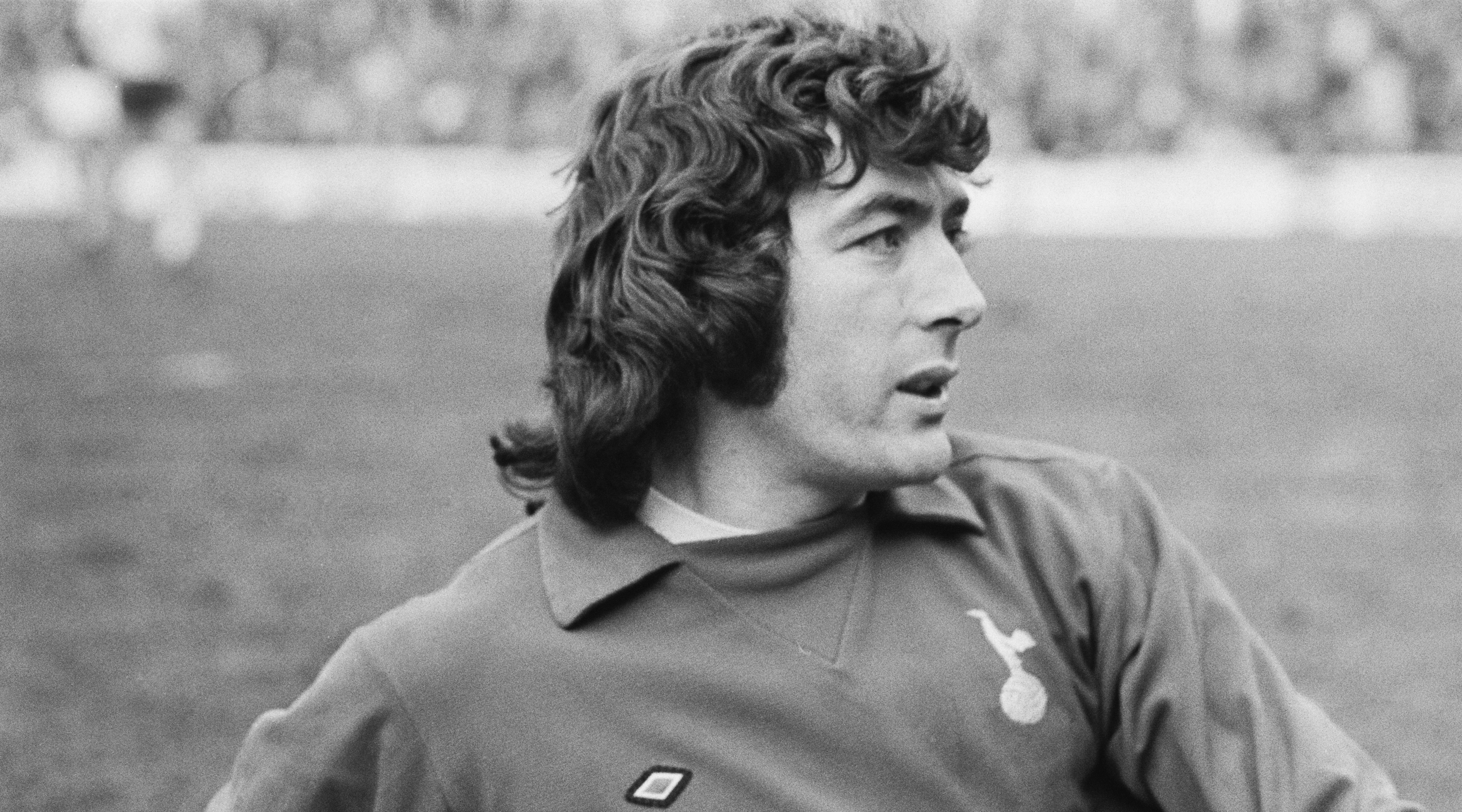
One of the greatest goalkeepers of all time, Northern Ireland icon Pat Jennings won silverware with both big North London clubs in the 70s: two League Cups and a UEFA Cup with Tottenham, and the FA Cup with Arsenal.
Few enjoy legendary status on both sides of that divide, and the fact that Jennings – the first ‘keeper to win PFA Player of the Year – does is testament to his heroic brilliance between the sticks.
23. Giacanto Facchetti
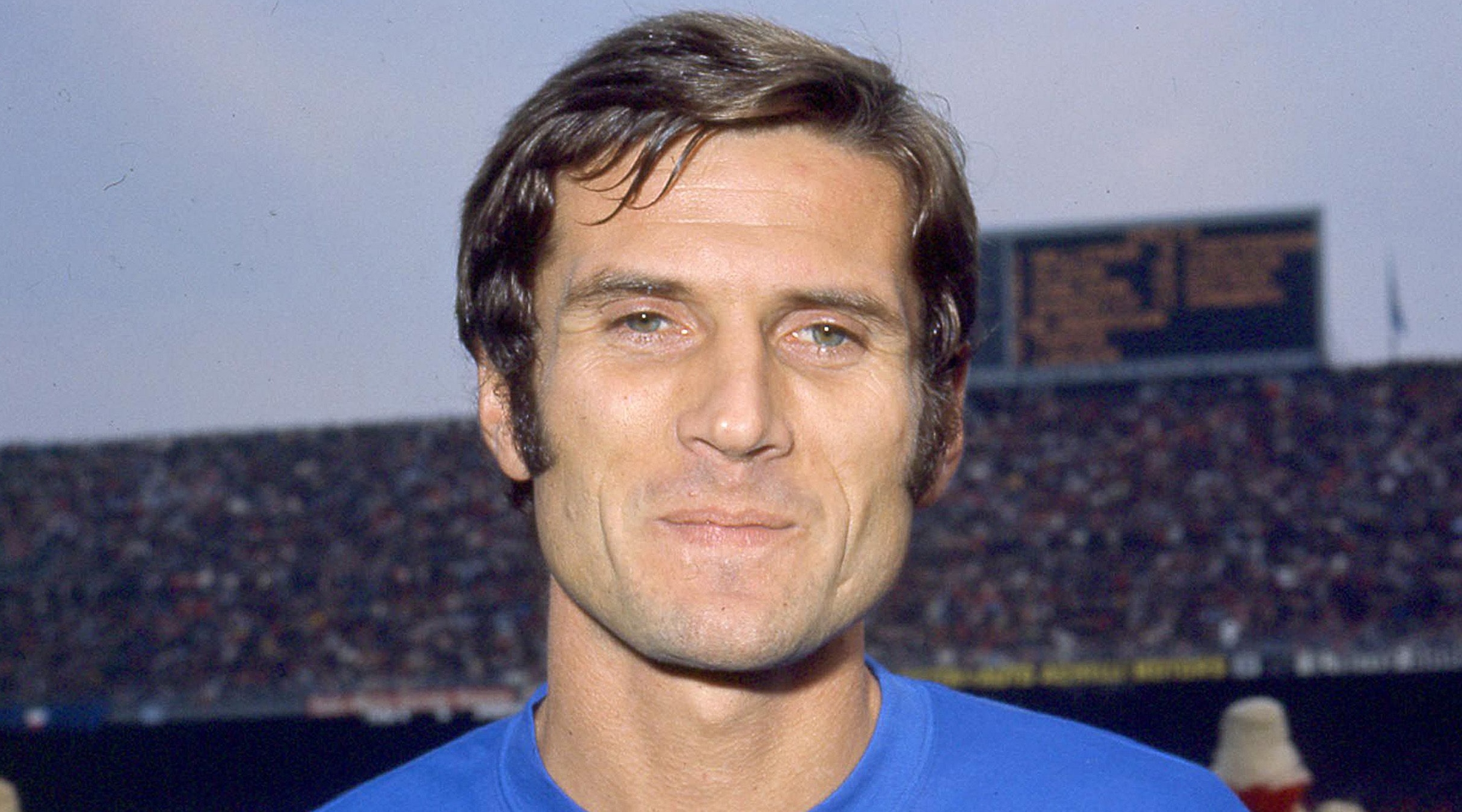
An all-time great in the left-back position, Giacanto Facchetti was among the first to really master the art of attacking full-back play.
A 1970 World Cup runner-up as skipper, Facchetti spent his entire club career with Iner Milan – who he also captained – lifting his last of four Serie A titles in 1970/71 – then retiring on a high with 1977/78 Coppa Italia victory.
22. Hans Krankl
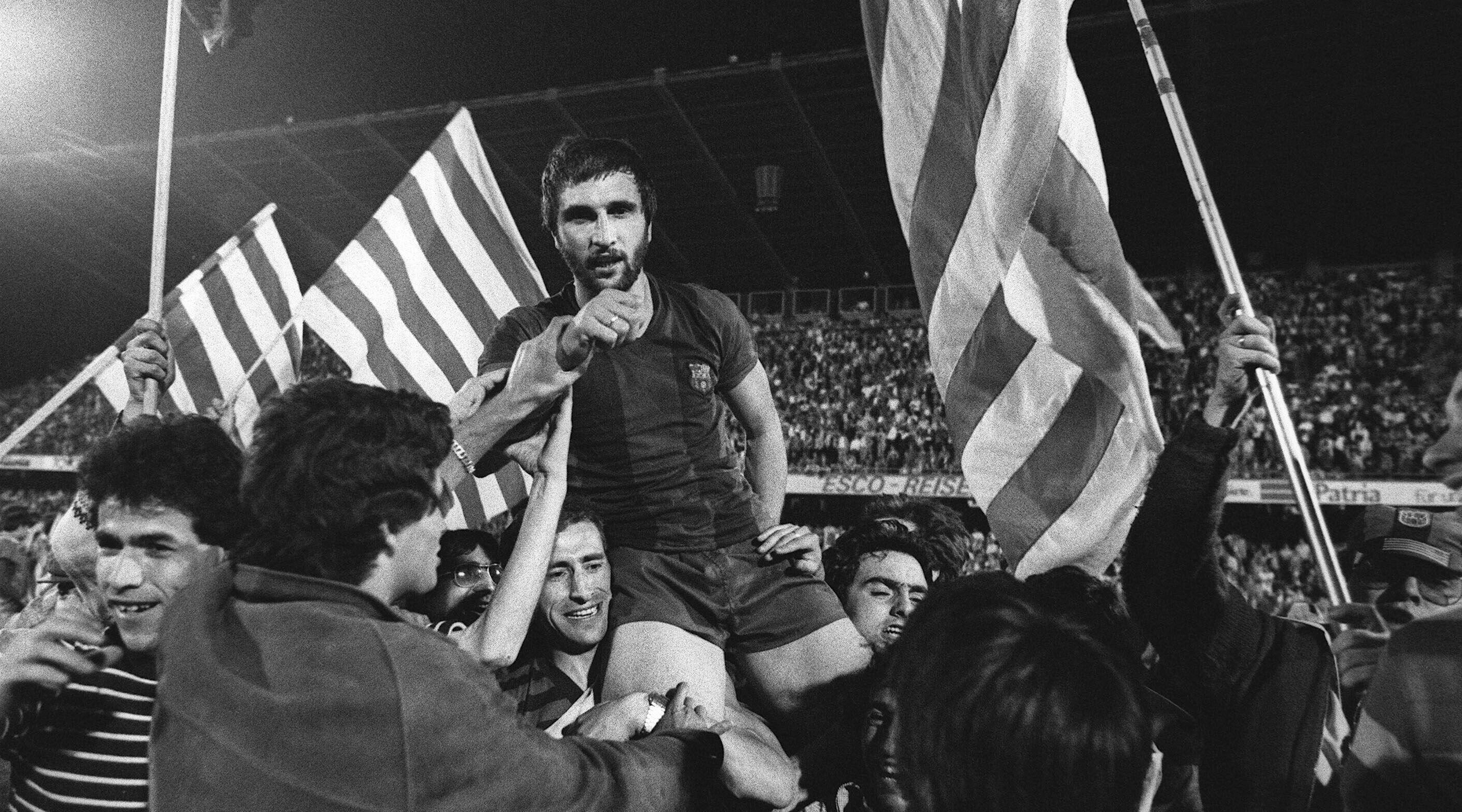
A prolific goalscorer for Rapid Vienna throughout the 70s, netting 185 times in 252 appearances, Hans Krankl is among the very best players ever to come out of Austria.
Averaging almost a goal every other game for his country – who he represented at the 1978 World Cup – the striker placed second in the 1978 Ballon d’Or and won the 1978/79 Cup Winners’ Cup with Barcelona, scoring in the final.
21. Teofilo Cubillas
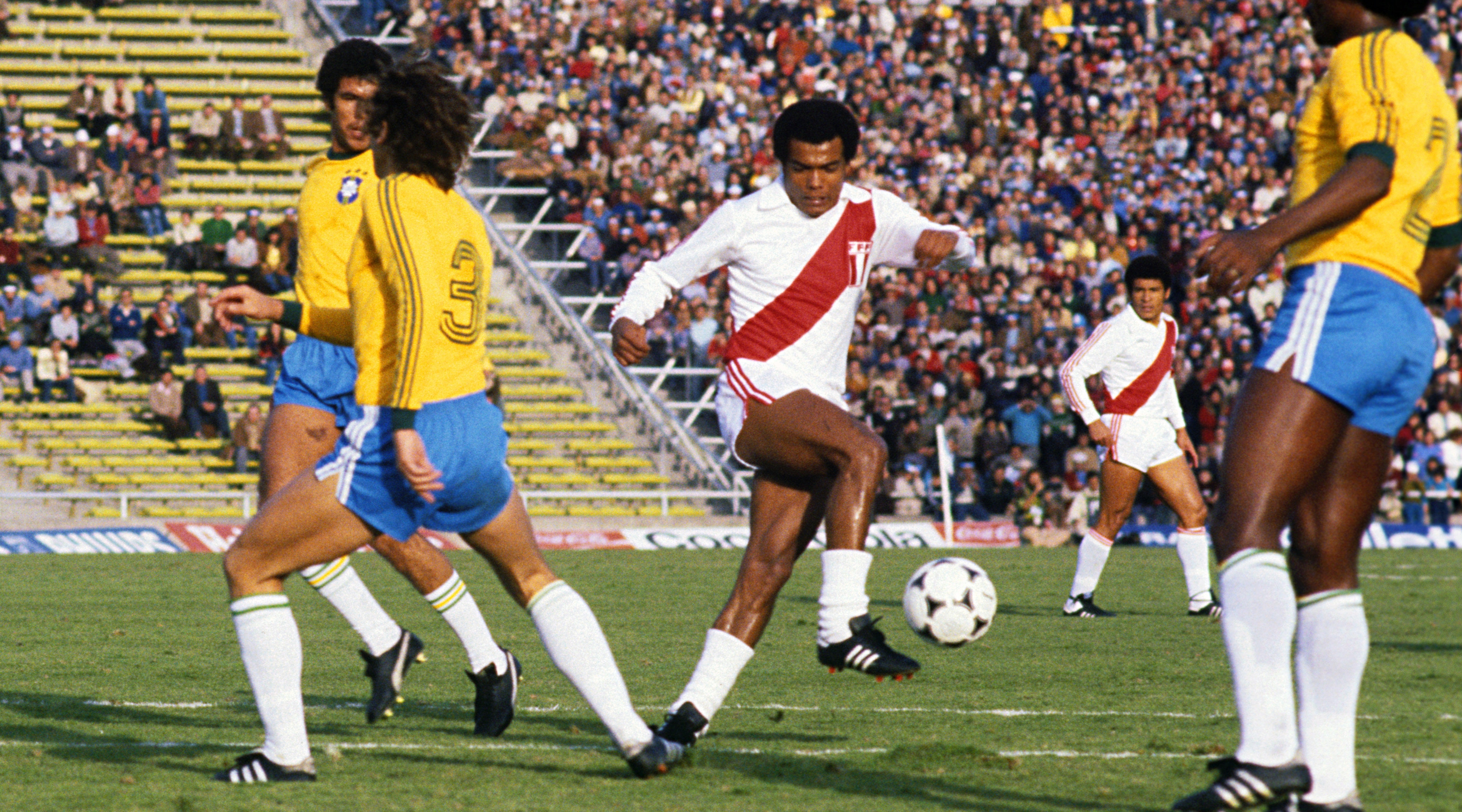
Peru’s best ever player, 1975 Copa America winner Teofilo Cubillas brought himself to the world’s attention with his spectacular performances at the 1970 and 1978 World Cups, helping his country to the quarter-finals on both occasions.
An immensely technically gifted attacking midfielder with standout free-kick ability, Cubillas – who played in Europe for Porto and Basel – was named 1972 South American Footballer of the Year.
20. Allan Simonsen
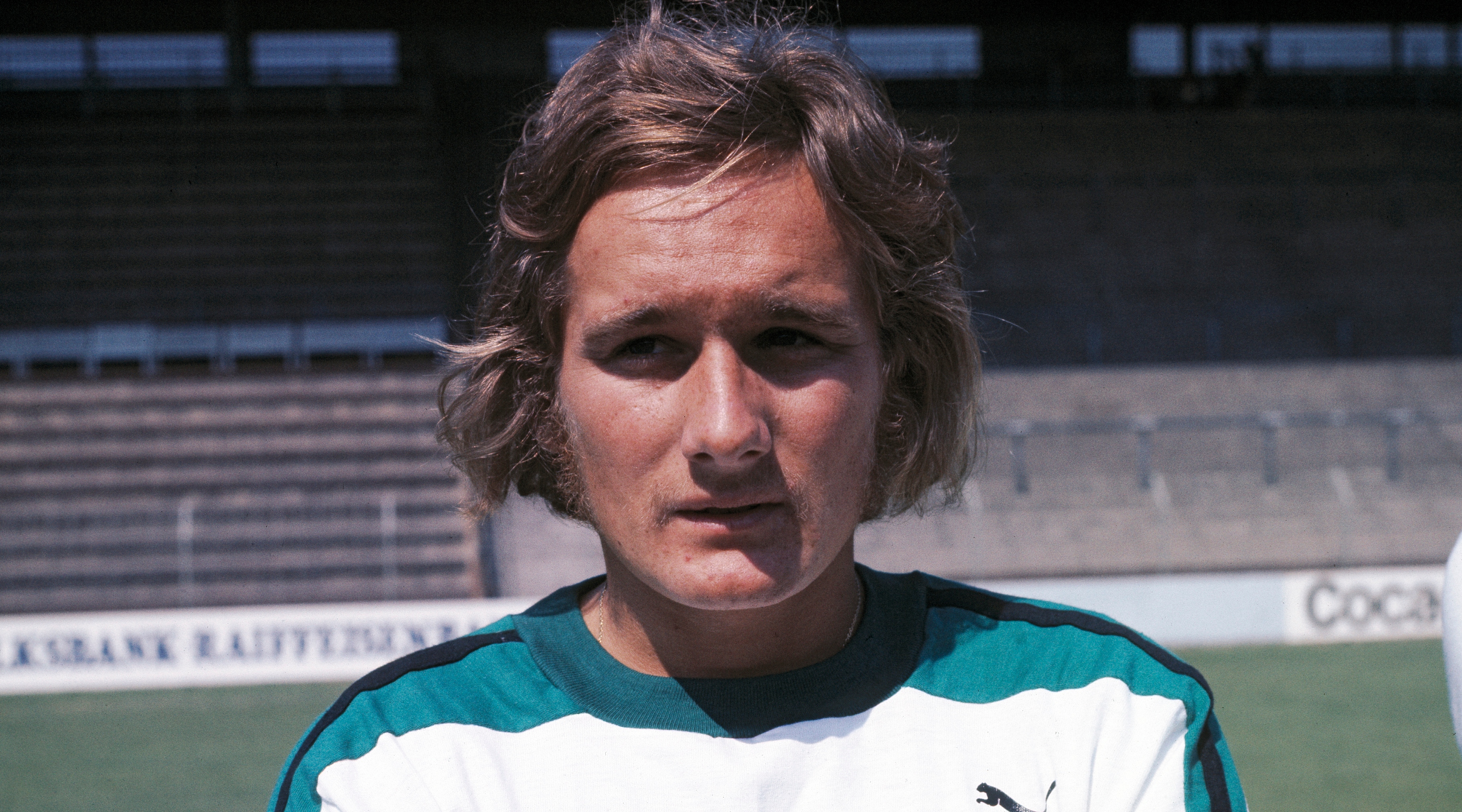
Ballon d’Or winner in 1977, Allan Simonsen is undoubtedly one of Denmark’s best players of all time, beginning his international career in 1972.
The striker fired Borussia Monchengladbach to three straight Bundesliga titles in the mid-70s, as well as two UEFA Cups and the final of the 1977/78 European Cup, finishing as top scorer once in each competition.
19. Gaetano Scirea
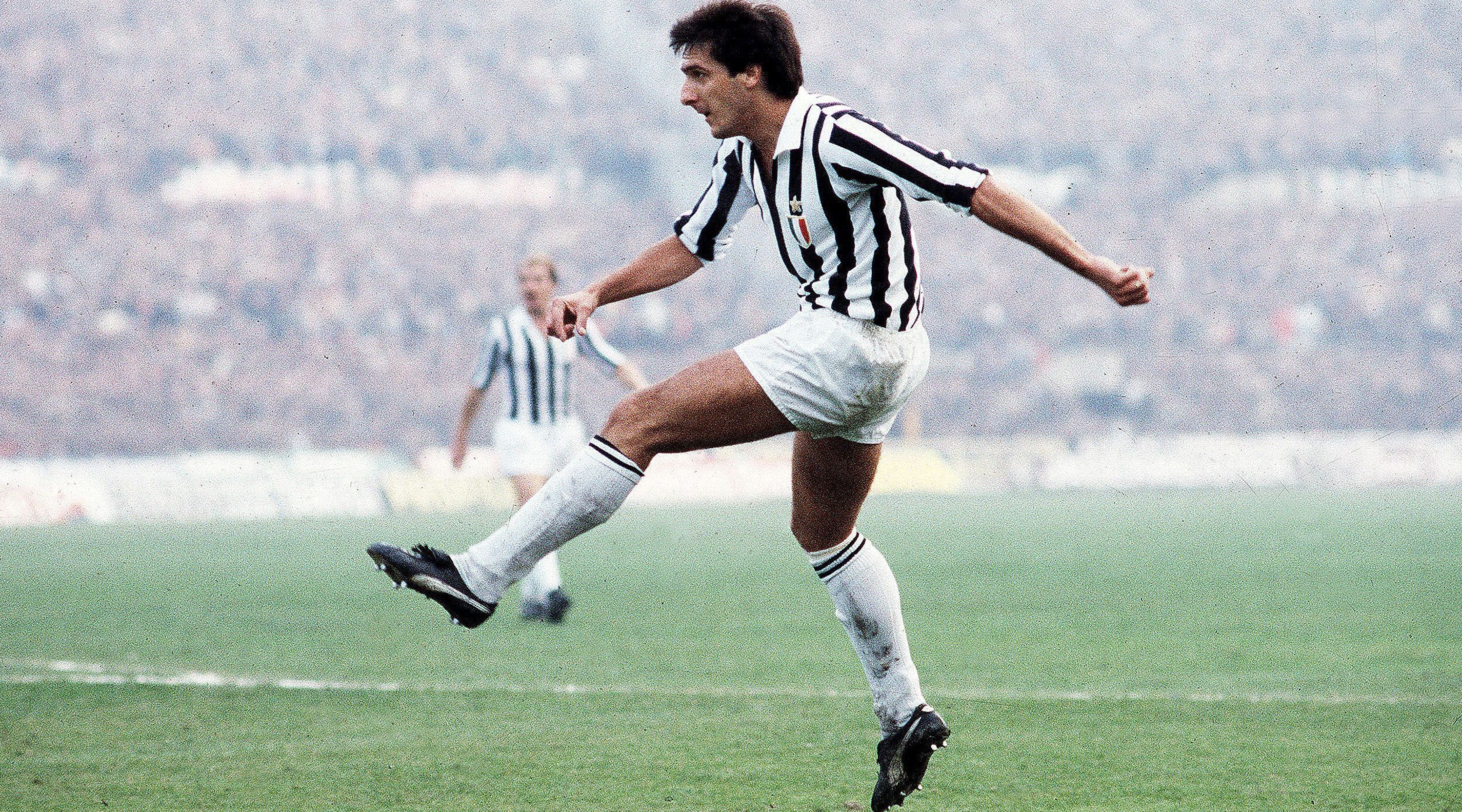
Considered one of the best defenders ever to play the game, Gaetano Scirea was an elite exponent of the libero role, starring for Atalanta, Juventus and Italy during the 70s.
A winner of three Serie A titles and the UEFA Cup, among other honours, with Juve over the course of the decade, Scirea played a crucial role in the Azzurri’s run to the 1978 World Cup semi-finals.
18. Claudio Gentile
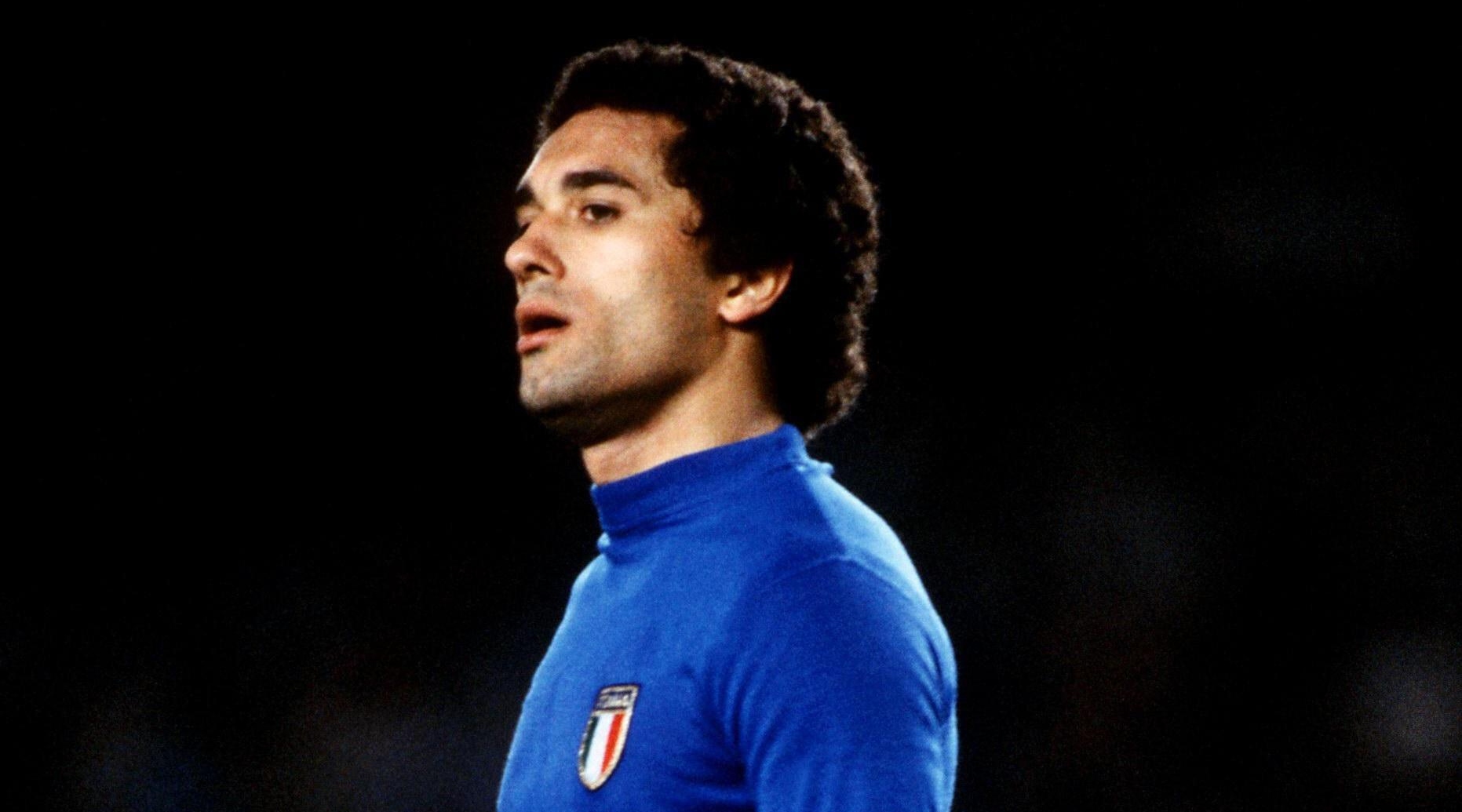
A no-nonsense centre-half who could also operate in either full-back position, Claudio Gentile blunted many an attack during the 70s, in the colours of Juventus and Italy.
Having started out in the Italian lower leagues, Gentile – who was ever-present as the Azzurri reached the 1978 World Cup semis – joined Juve in 1973 and was a three-time Scudetto winner and UEFA Cup champion within five years.
17. Pele
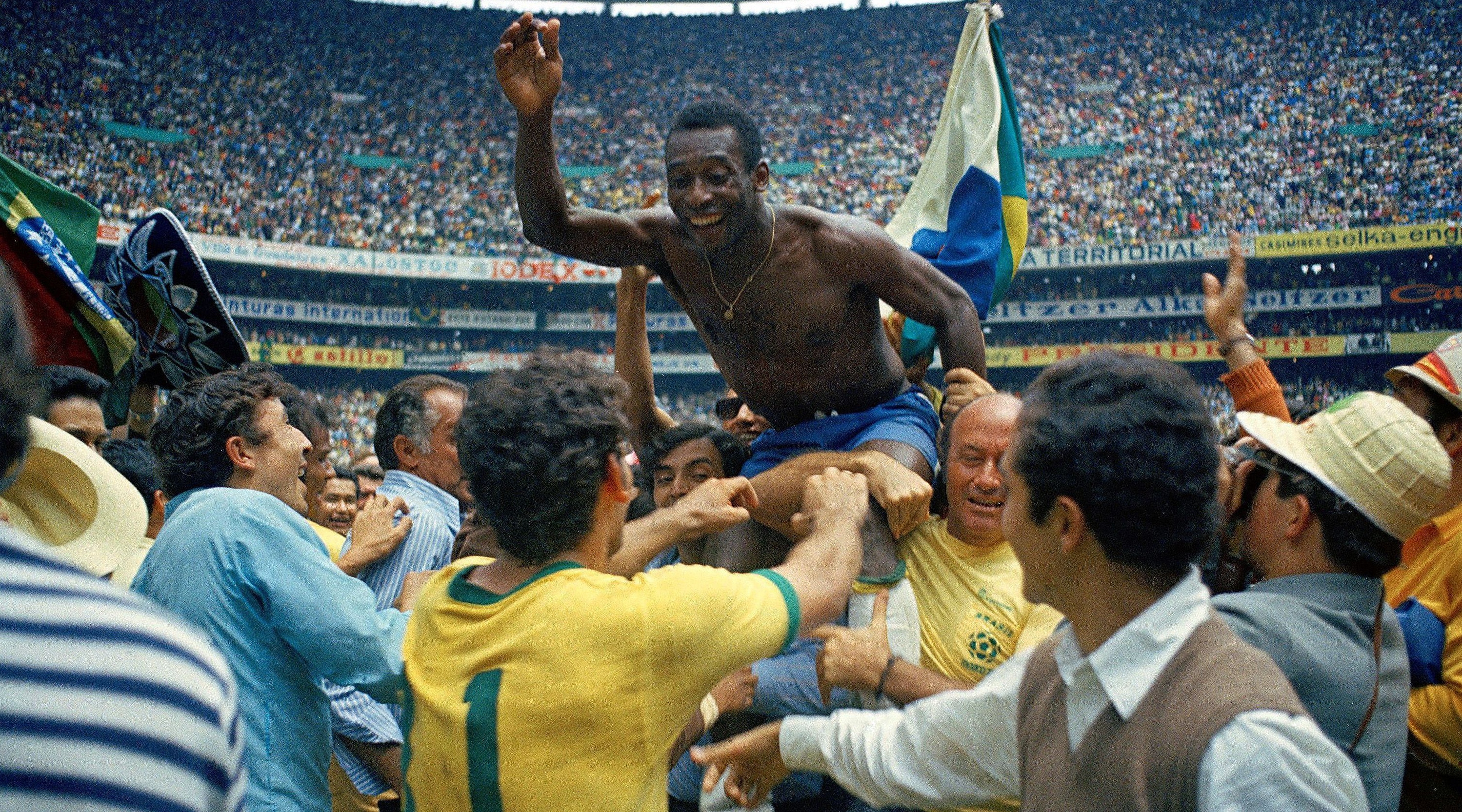
Pele’s decade was the 60s, really – O Rei retired from international football in 1971 – but he simply has to make this list: in 1970, he became the first player to win the World Cup three times. It’s a record which will probably never be broken.
In the mid-70s, Pele swapped Santos for the New York Cosmos, hanging up his boots in 1977 after helping them be crowned NASL champions.
16. Kenny Dalglish
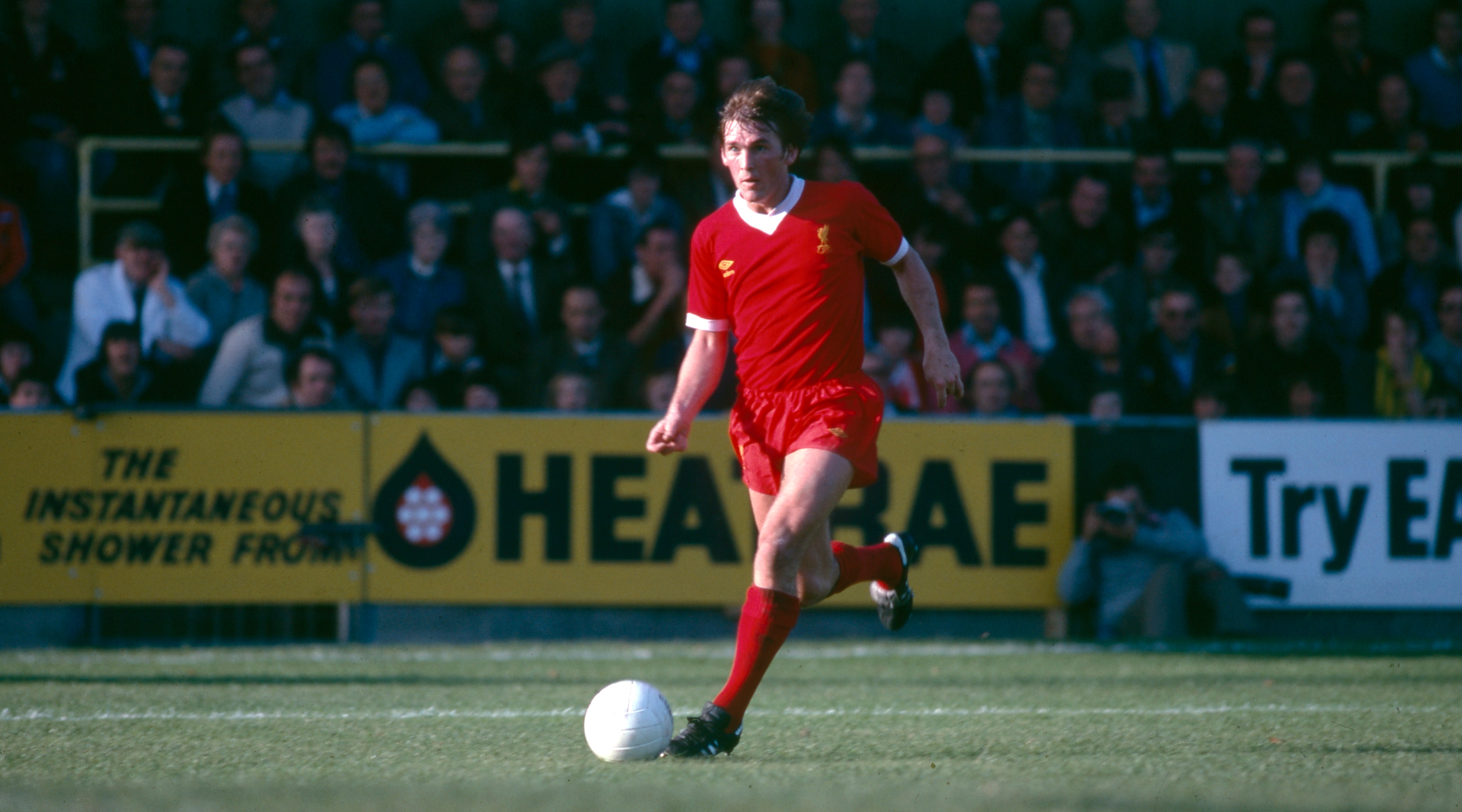
A true legend in the history of two of the biggest clubs in world football, Kenny Dalglish began writing his legend with Celtic, doing three Scottish doubles with the Glaswegian giants between 1972 and 1977.
After the last of those triumphs, the formidable Scottish striker joined Liverpool for a British-record £440,000 – and got his hands on the First Division title and European Cup before the decade was out.
15. Paul Breitner

Scorer of West Germany’s equaliser from the penalty spot as they fought back to beat the Netherlands in the 1978 World Cup final, the wonderfully versatile Paul Breitner was an immense presence at left-back and in midfield.
Before winning back-to-back La Liga titles with Real Madrid in the mid-70s, Breitner was a three-time Bundesliga champion at Bayern Munich – who he also helped to 1973/74 European Cup glory.
14. Ruud Krol
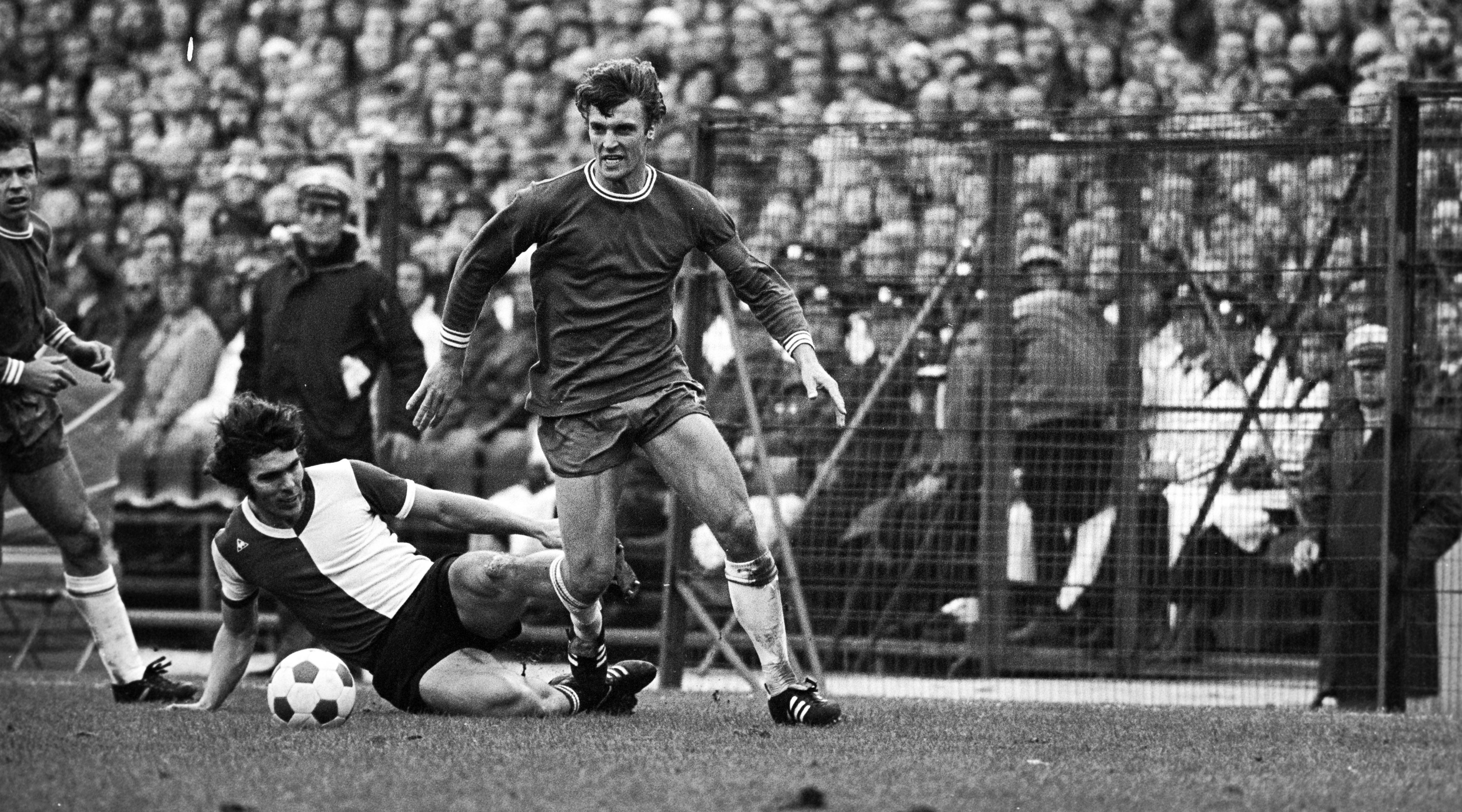
An integral member of the pioneering Dutch Total Football side of the 70s, Ruud Krol was a supreme sweeper and left-back – but his technical ability and tactical intelligence made him more than adept in midfield, too.
A World Cup runner-up and 1974 and 1978, Krol starred in the dominant Ajax team which won three consecutive European Cups from 1971 to 1973.
13. Oleg Blokhin
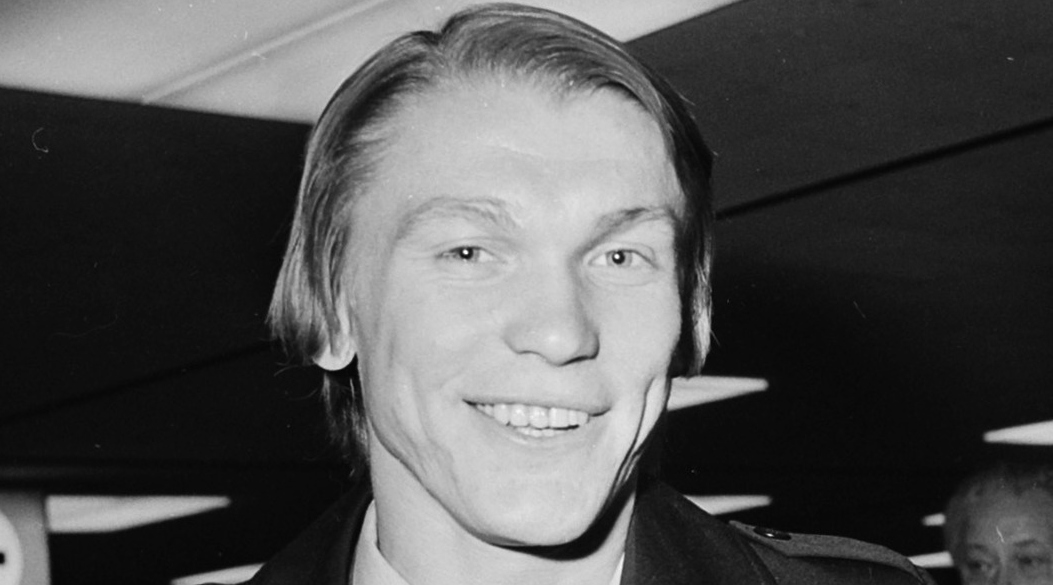
Probably the finest outfield player ever to represent the Soviet Union, Oleg Blokhin won 112 international caps and was named Soviet Footballer of the Year in 1973. 1974 and 1975 – also receiving the Ballon d’Or in the latter.
The main man in Valeriy Lobanovskyi’s great Dynamo Kyiv team which lifted the 1974/75 Cup Winners’ Cup, the forward notched more than 300 goals for club and country.
12. Daniel Passarella
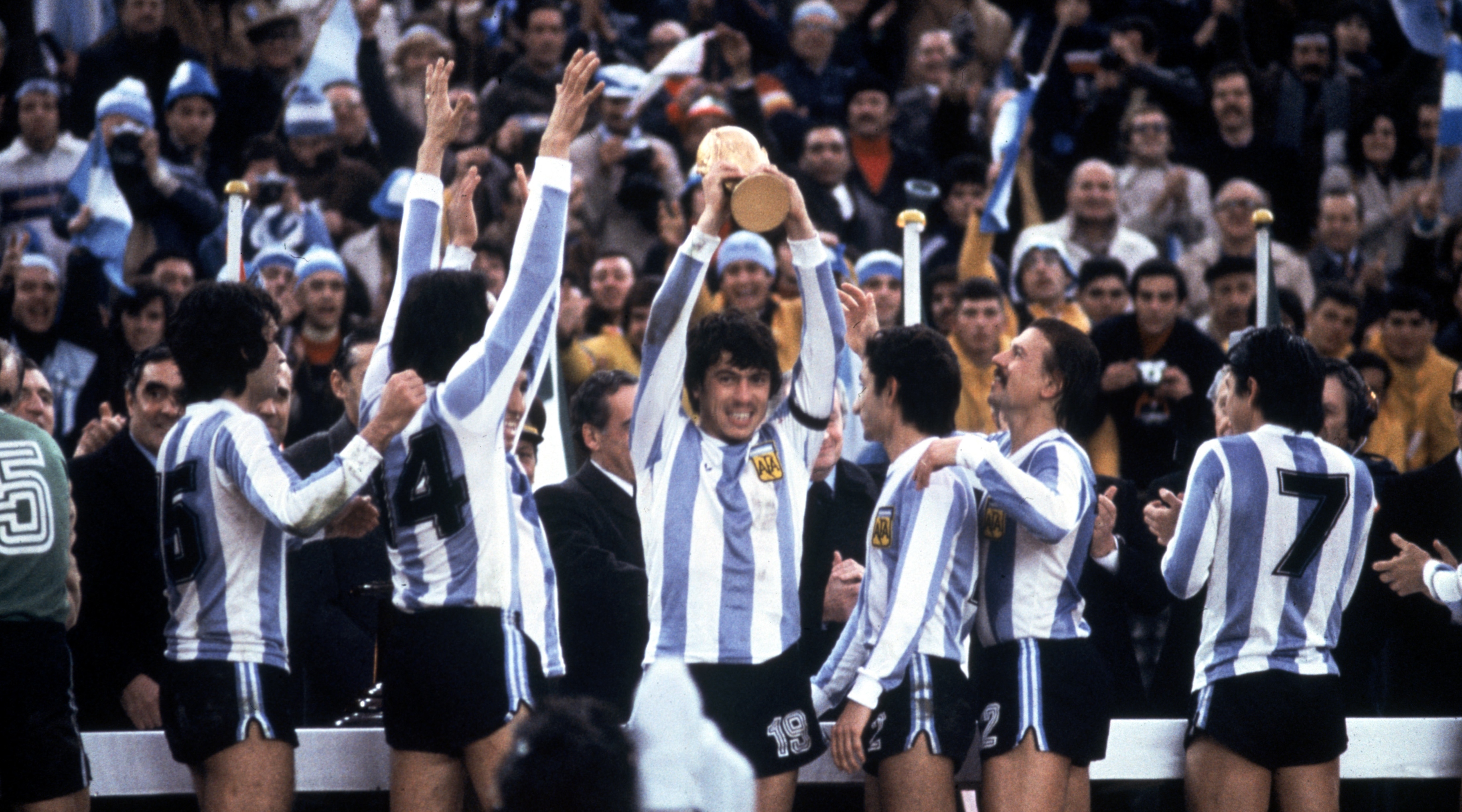
Captain of Argentina’s first World Cup-winning team, on home soil in 1978, Daniel Passarella is regarded as one of the greatest central defenders in history – and of the hardest players in any position.
Argentine Footballer of the Year in 1976, Passarella – who, remarkably for his position, racked up over 150 career goals – won five of his seven top-flight titles with River Plate during the 70s.
11. Sepp Maier
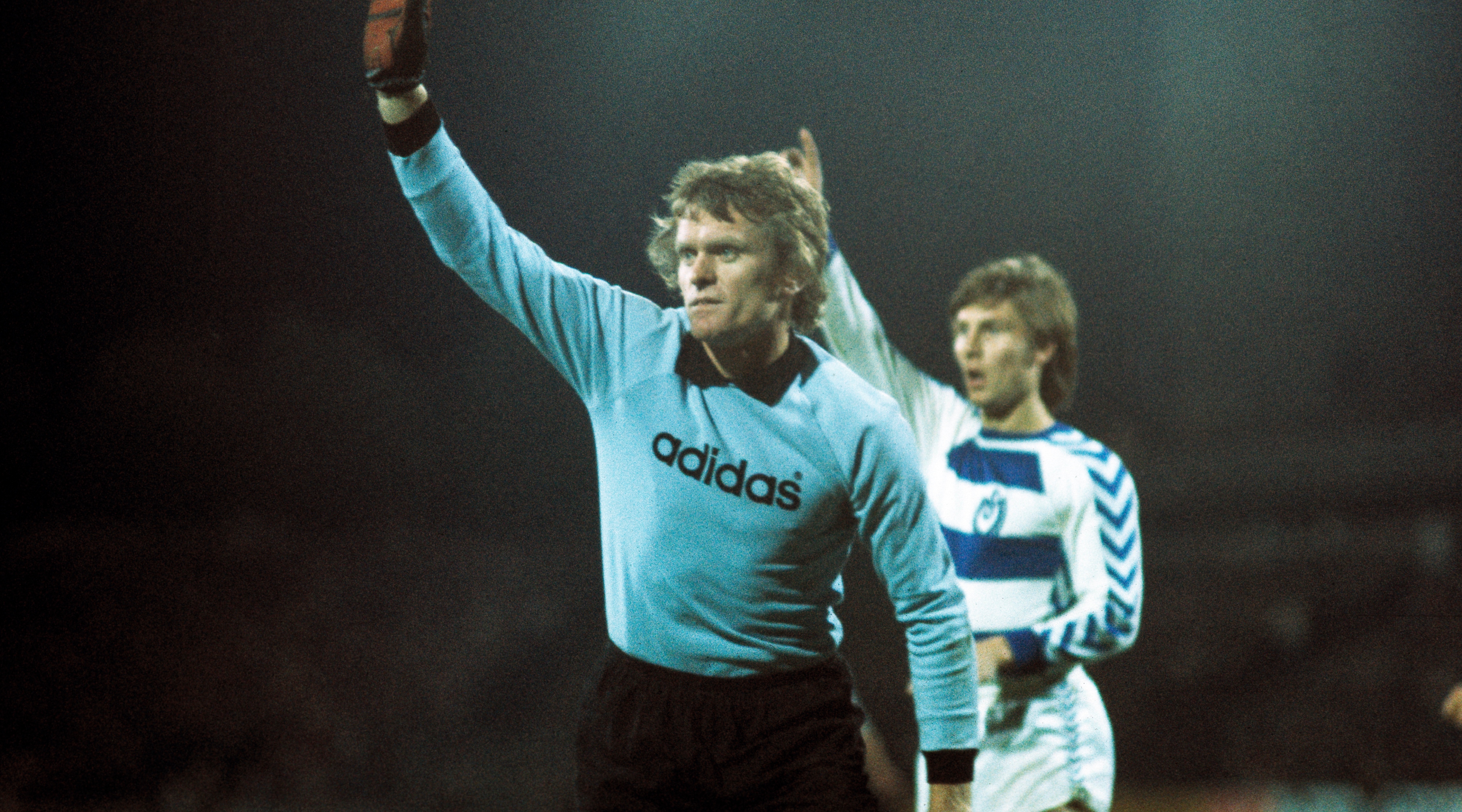
One of a number of goalkeepers to earn a feline nickname – Die Katze von Anzing (The Cat from Anzing, the part of Bavaria where he was born) – West Germany great Sepp Maier really did have cat-like reflexes.
A 1972 European champion and 1974 World Cup winner with his country, the three-time German Footballer of the Year lifted three successive European Cups with sole club Bayern Munich between 1974 and 1976.
10. Dino Zoff
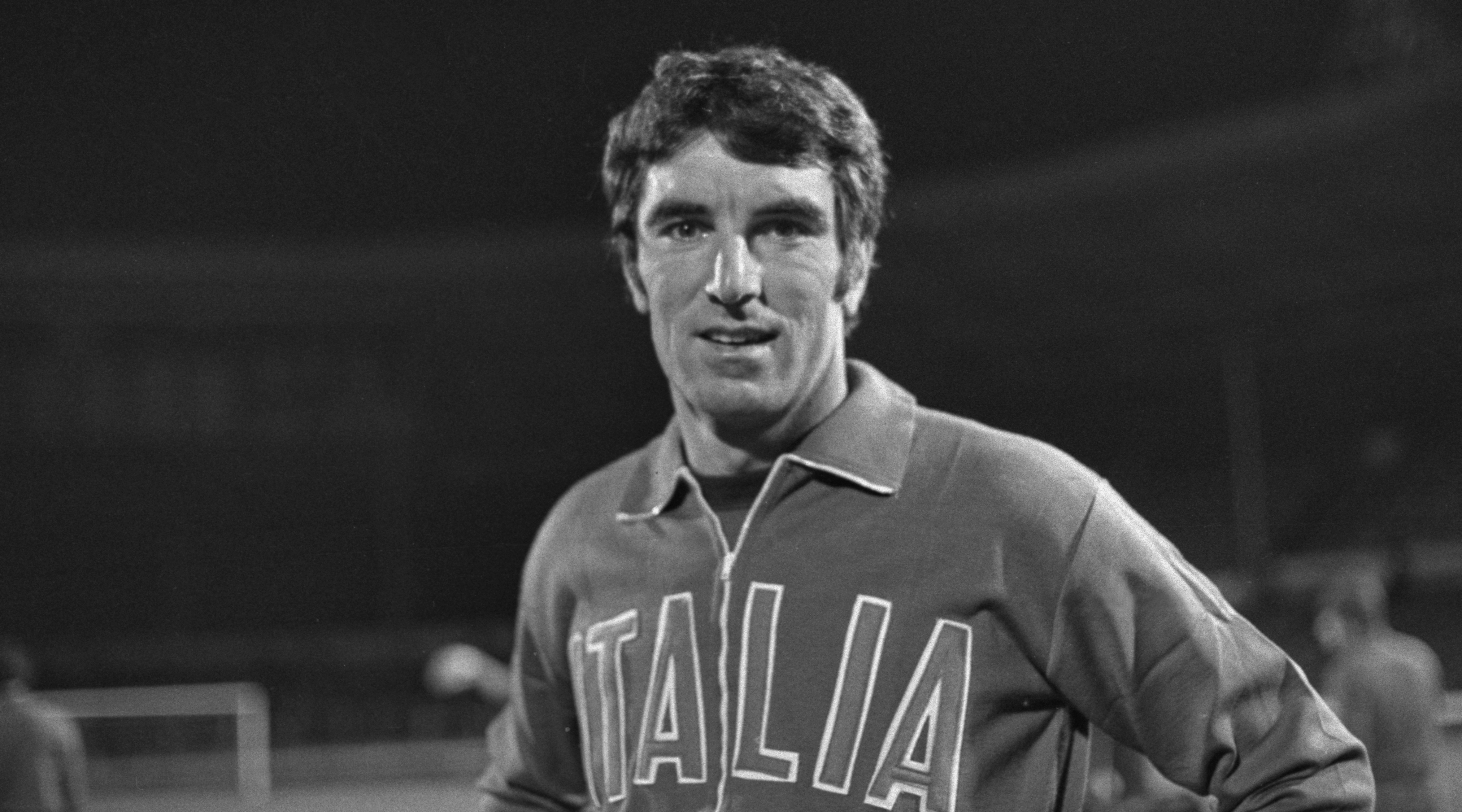
Dino Zoff’s 22-year career took in the entirety of the 70s, and it was then that the enduringly great Italian goalkeeper established himself as one of the best ever to don the gloves.
Named the third-best ‘keeper of the 20th Century by IFFHS – behind Lev Yashin and Gordon Banks – Zoff won three Scudetti, the Coppa Italia and UEFA Cup with Juventus between 1973 and 1979.
9. Rivellino
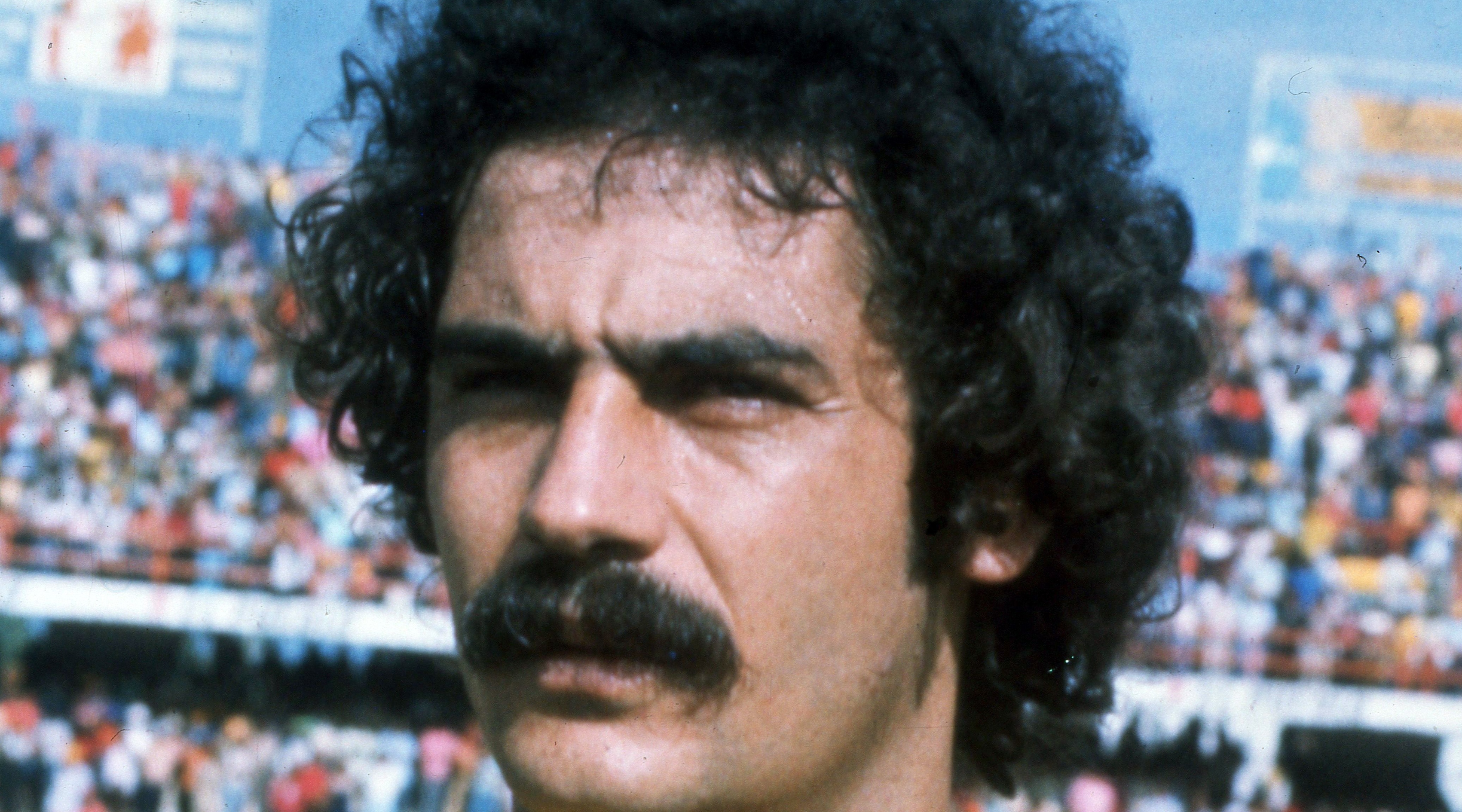
Rivellino: a man with a great moustache and even better footballing ability. From curling free-kicks to enterprising dribbles, the Corinthians great could do all sorts – as he proved at the 1970 World Cup, where he made the team of the tournament as Brazil lifted the Jules Rimet trophy.
He won 92 caps for his country in all, going on to help them to the last four of the 1974 and 1978 World Cups.
8. Kevin Keegan
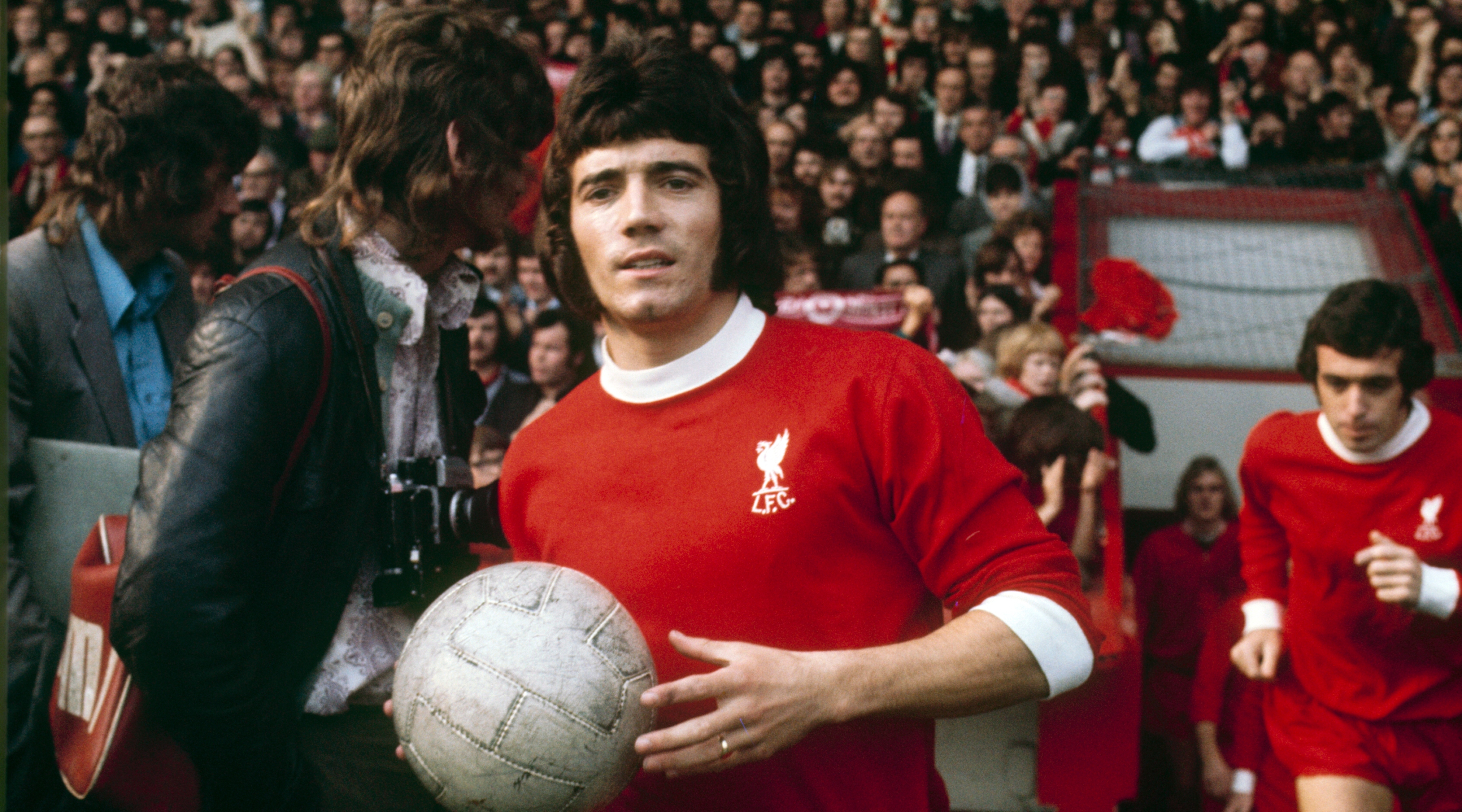
Plucked from the relative obscurity of third-tier Scunthorpe United in 1971, Kevin Keegan went on to become a Liverpool legend, collecting First Division, FA Cup, European Cup and UEFA Cup winner’s medals with the Reds in the space of just six years.
In 1977, the 63-cap England star joined Hamburg – and the silverware kept coming as he lifted the Bundesliga title, before scooping back-to-back Ballons d’Or in 1978 and 1979.
7. Jairzinho

An electric presence on the right wing for Brazil, Jairzinho kicked off the 70s by starring in his country’s third World Cup triumph.
At that tournament, Jairzinho made history by netting in all six of Brazil’s games, registering seven goals in total – including one of the most memorable World Cup goals ever scored, a spellbinding solo effort against Czechoslovakia.
6. Johan Neeskens
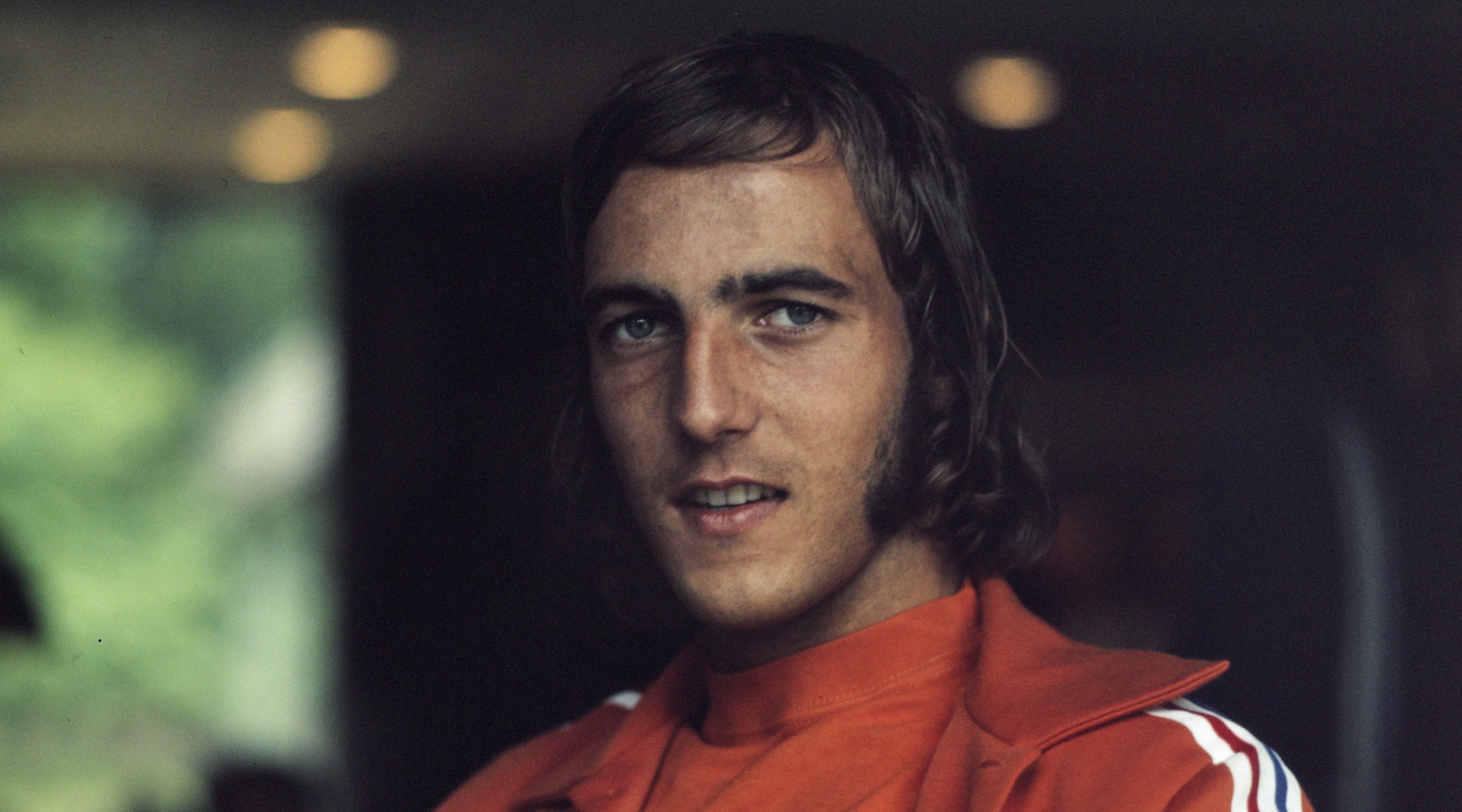
Another key cog in the fine Netherlands side of the 70s, Johan Neeskens was one of the first true box-to-box midfielders – and he absolutely excelled in the role.
Prior to finishing as a World Cup runner-up in 1974 – when he scored five goals – and 1978, Neeskens starred as Ajax lifted the European Cup three years running from 1971 to 1973 – and he later won the Cup Winners’ Cup with Barcelona.
5. Mario Kempes
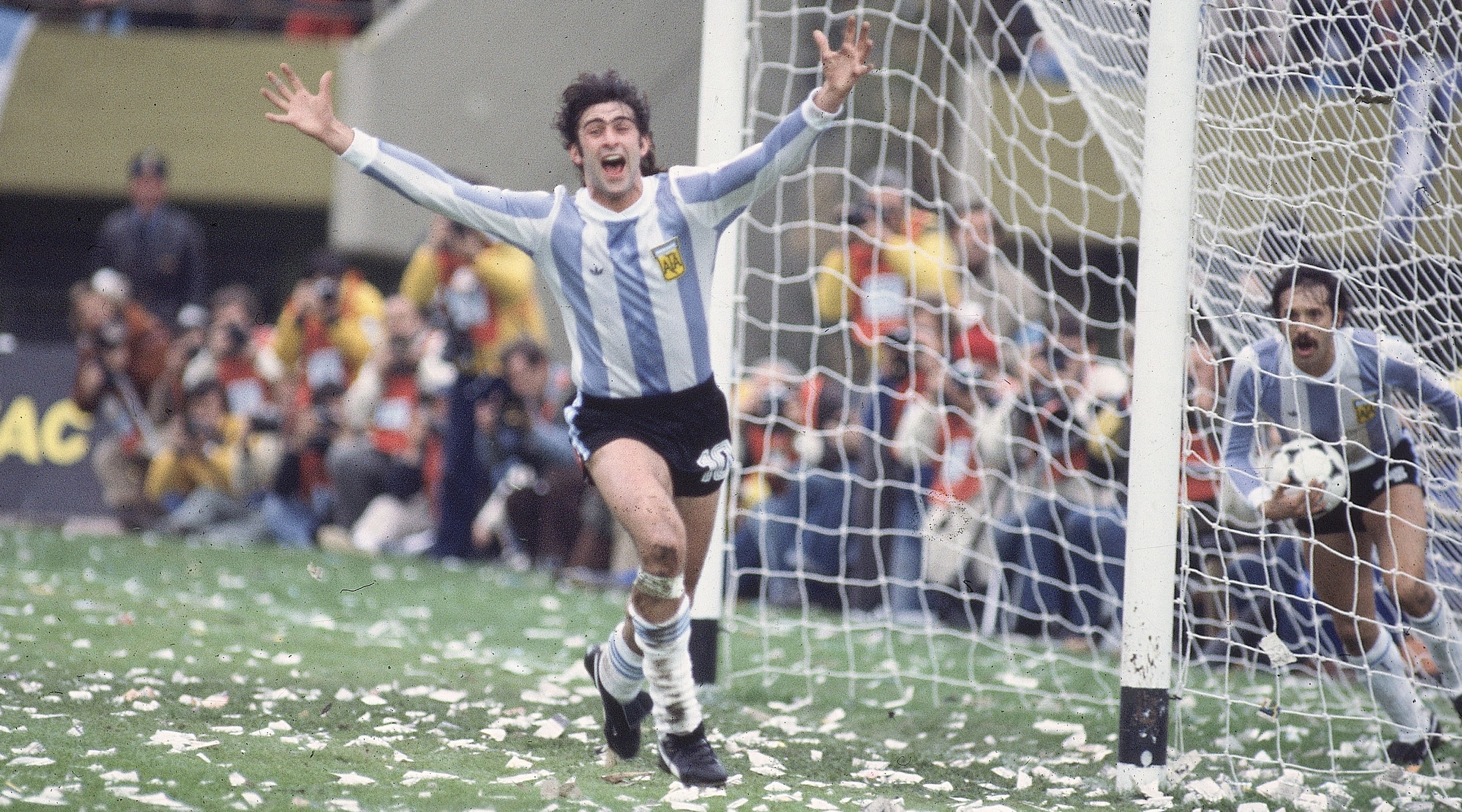
As Argentina lifted the 1978 World Cup as hosts, Mario Kempes cemented superstar status, walking away with the Golden Boot as top scorer and the Golden Ball as player of the tournament.
A prolific club goalscorer for Rosario Central then Valencia – where he finished as La Liga top scorer twice – Kempes’ brace helped see off the Netherlands in the World Cup final.
4. Carlos Alberto
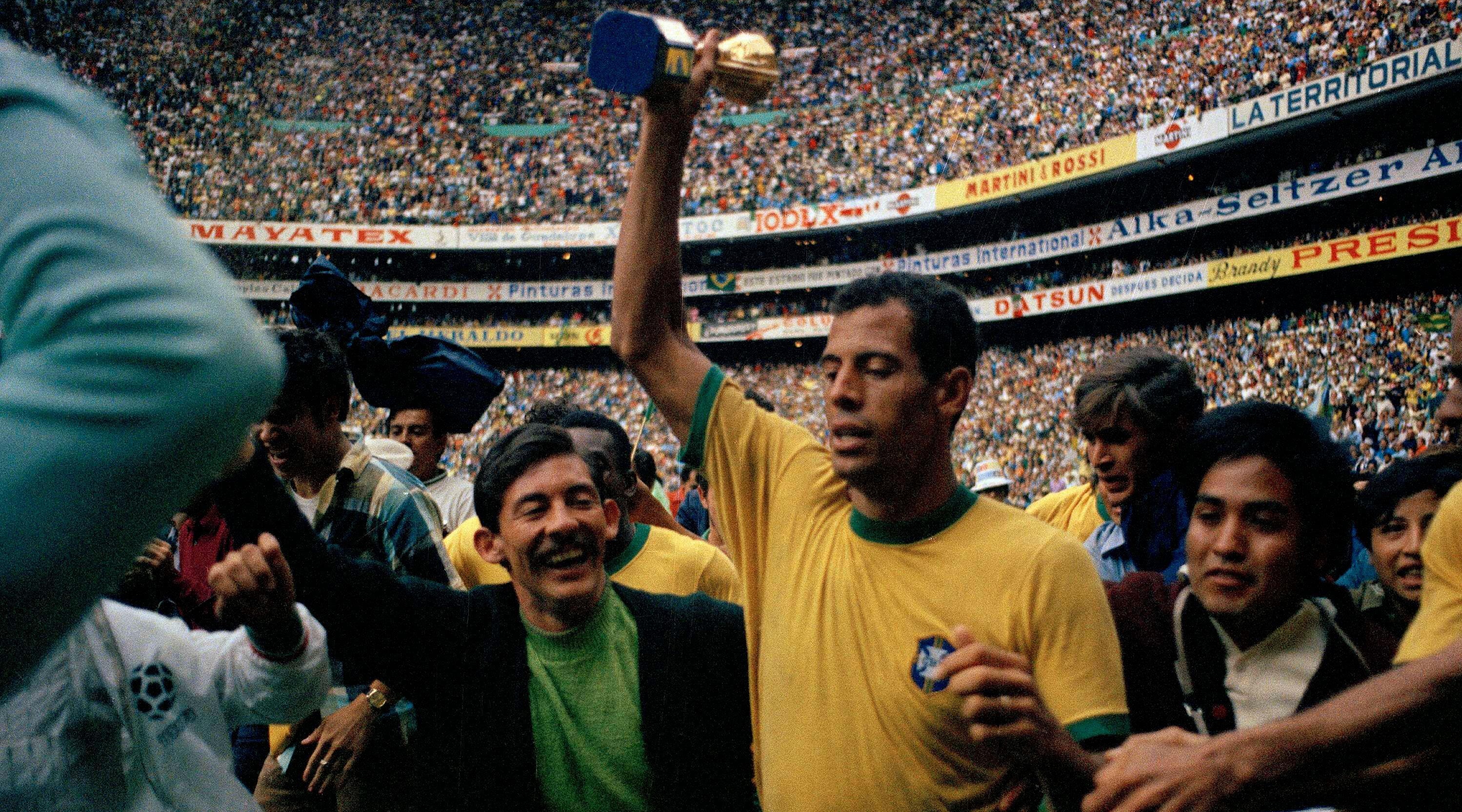
Captain of Brazil’s 1970 World Cup winners, Carlos Alberto is rightly remembered as one of the finest defenders ever to take to the pitch.
Ahead of his time in terms of his dribbling and playmaking abilities, his goal in the final of the aforementioned World Cup – Brazil’s fourth as they thrashed Italy 4-1 – completed one of the most dazzling team moves in tournament history.
3. Gerd Muller
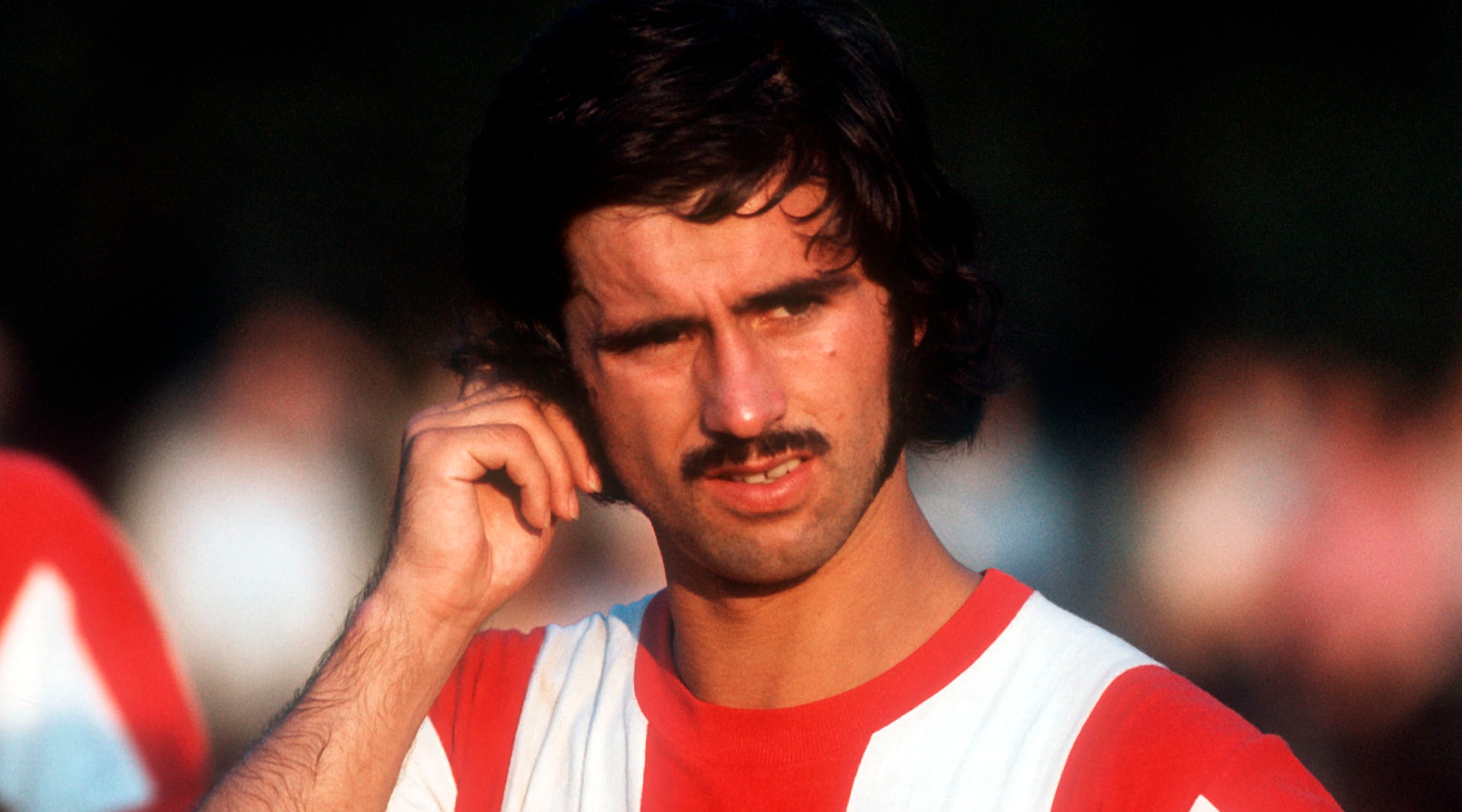
Simply one of the most lethal strikers of all time, Gerd Muller’s record of 68 goals in 62 caps for West Germany speaks for itself.
Incredibly, Der Bomber – who won the 1970 Ballon d’Or and fired Bayern Munich to three straight European Cups – scored 61 of those goals between 1970 and his international retirement in 1974 – when he went out on a high by notching the winner in the World Cup final on home soil.
2. Franz Beckenbauer

Belonging to an elite group of men to have won the World Cup as both player and manager, the late, great Franz Beckenbauer pioneered the modern sweeper role – and there’s arguably never been anyone better at it than Der Kaiser.
Between 1971 and 1974, the triple Ballon d’Or winner captained Bayern Munich to their historic three successive European Cups – and West Germany to World Cup glory. It’s a feat unlikely ever to be repeated.
1. Johan Cruyff
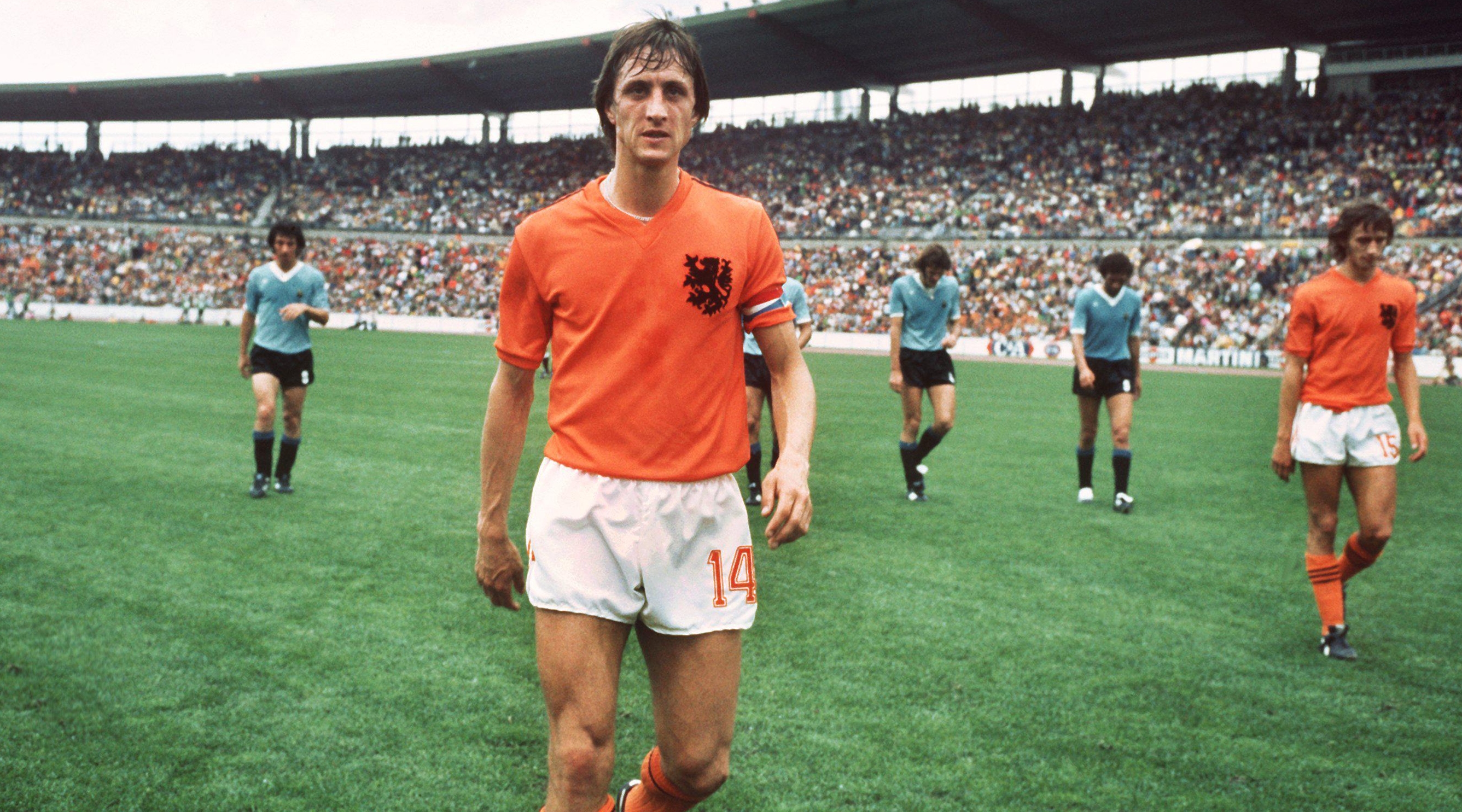
Johan Cruyff grew up kicking a ball around on the streets of Amsterdam; he went on to become perhaps the single most influential figure in the modern game.
The most prominent exponent of the revolutionary Total Football system, Cruyff won trophy after trophy with Ajax and Barcelona during the 70s – most notably three European Cups in a row with the former – and captained the Netherlands to the final of the 1974 World Cup, the tournament at which he wowed the world with the Cruyff turn.
Tom Hancock started freelancing for FourFourTwo in April 2019 and has also written for the Premier League and Opta Analyst, among others. He supports Wycombe Wanderers and has a soft spot for Wealdstone. A self-confessed statto, he has been known to watch football with a spreadsheet (or several) open...

